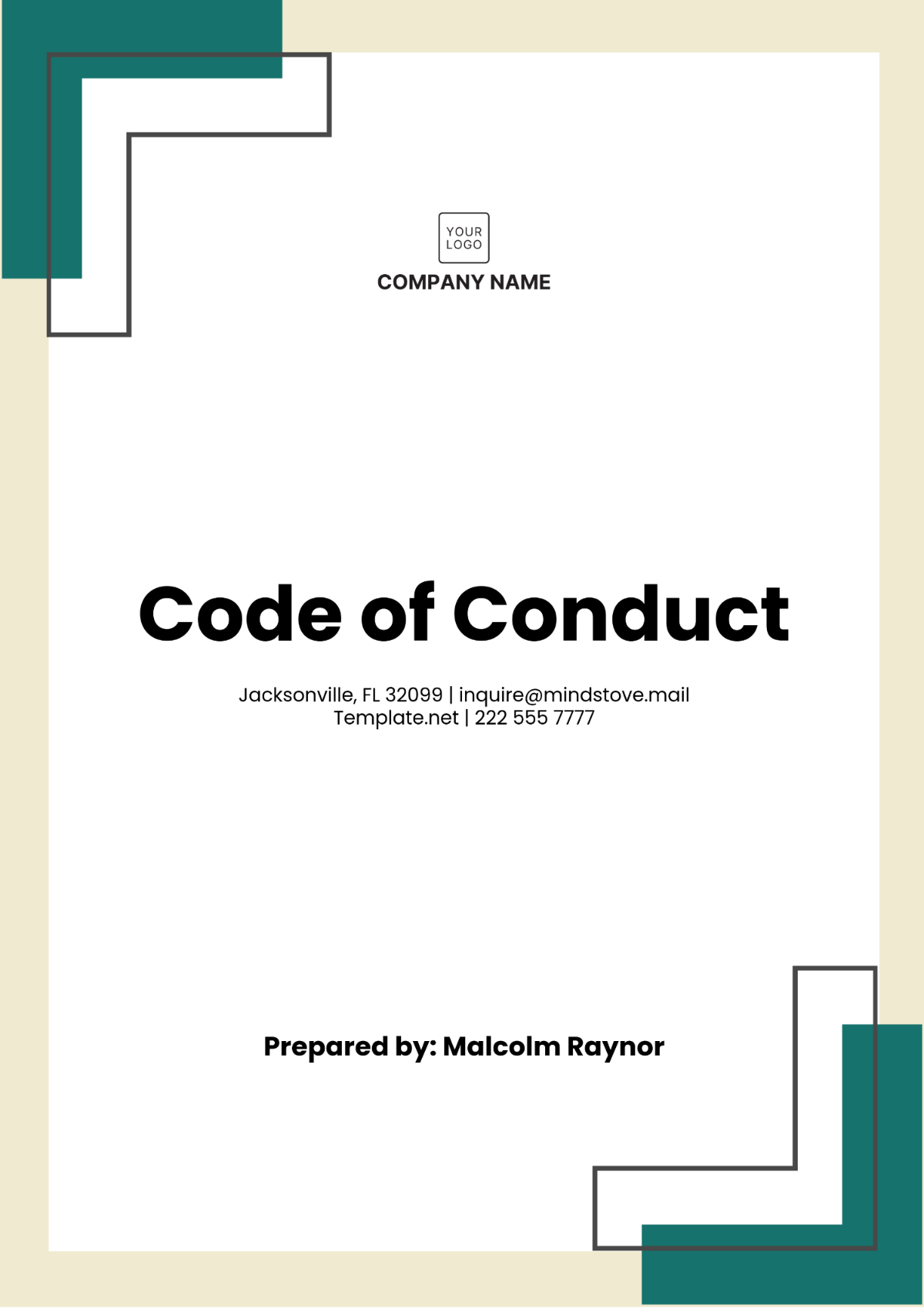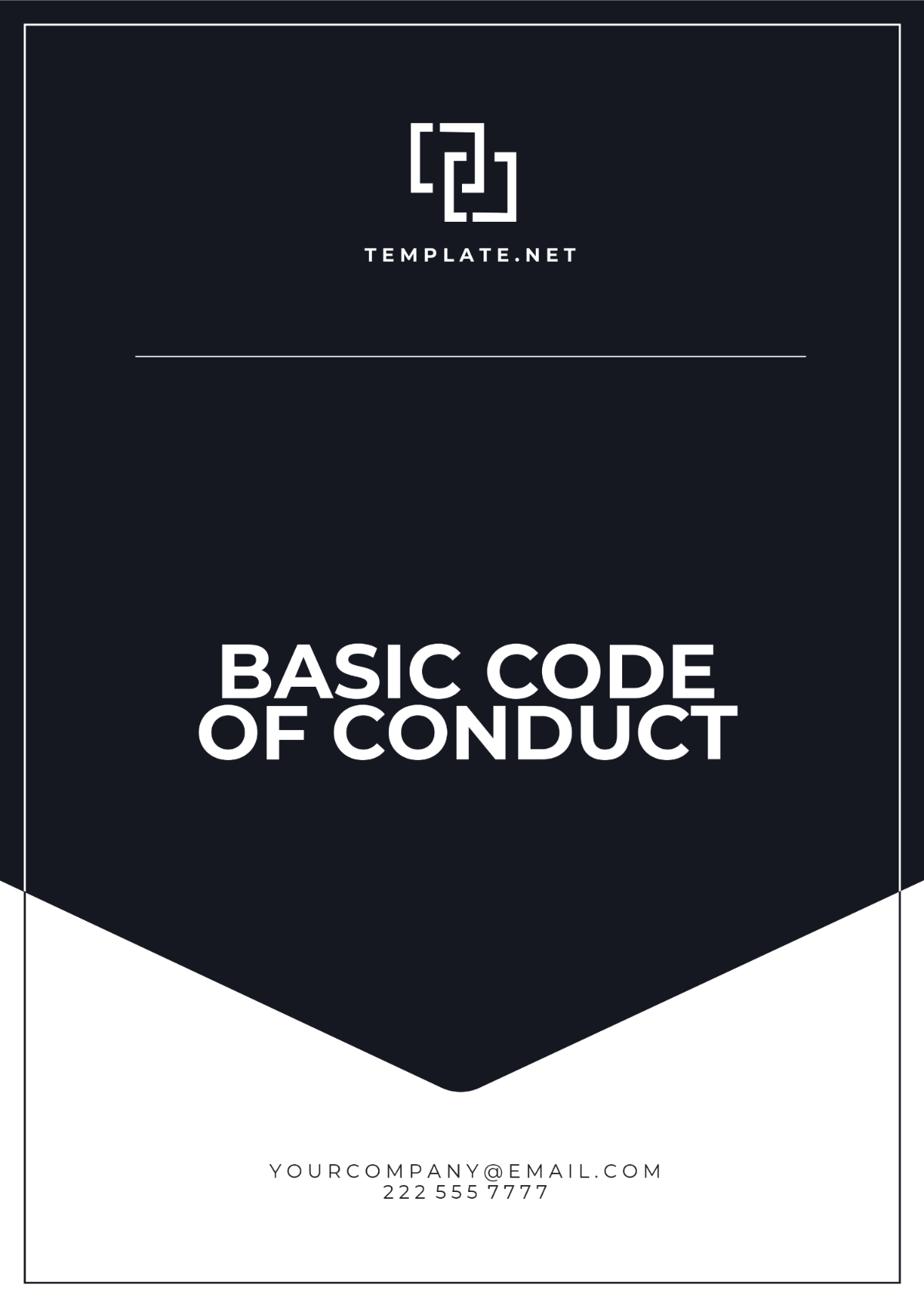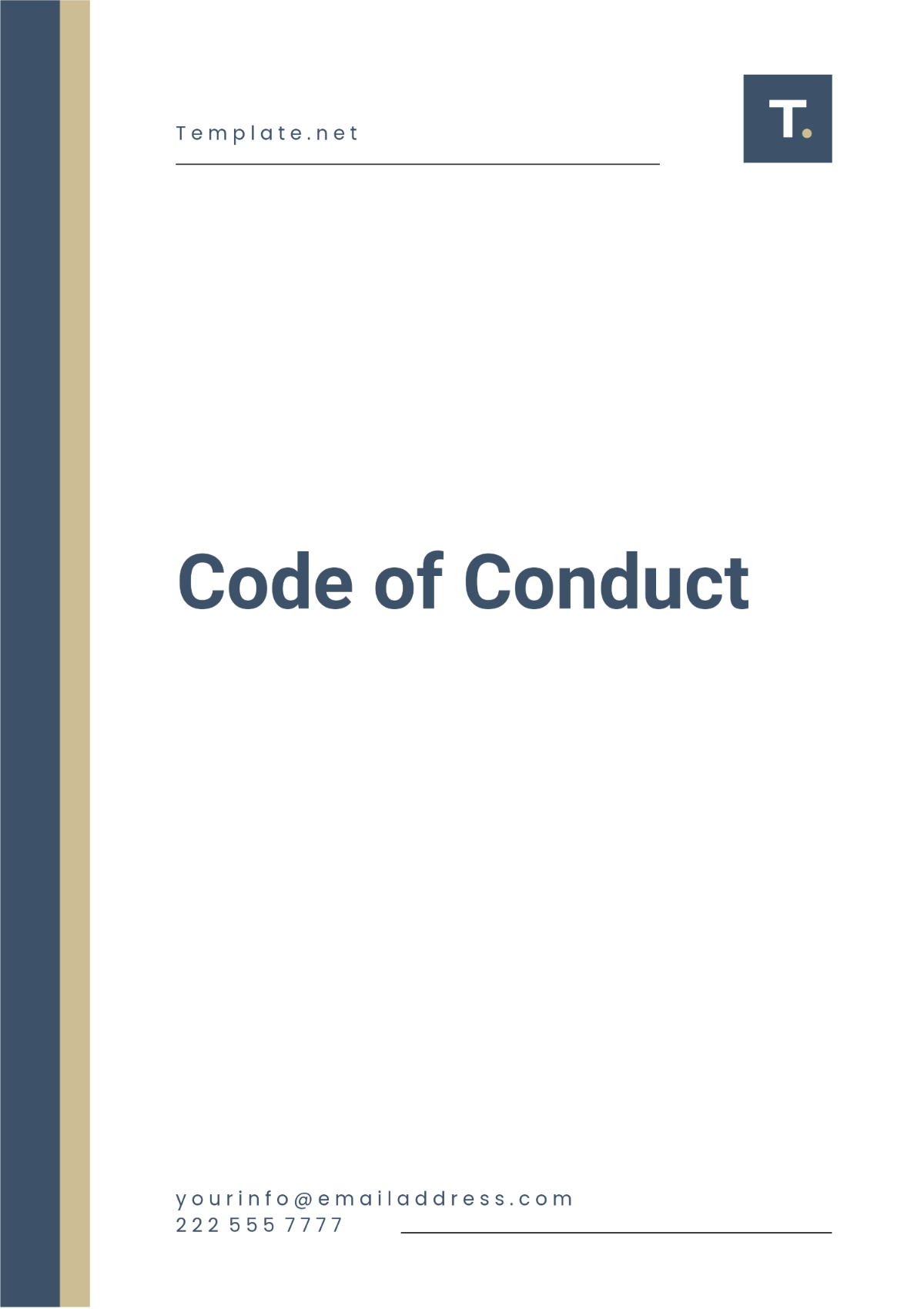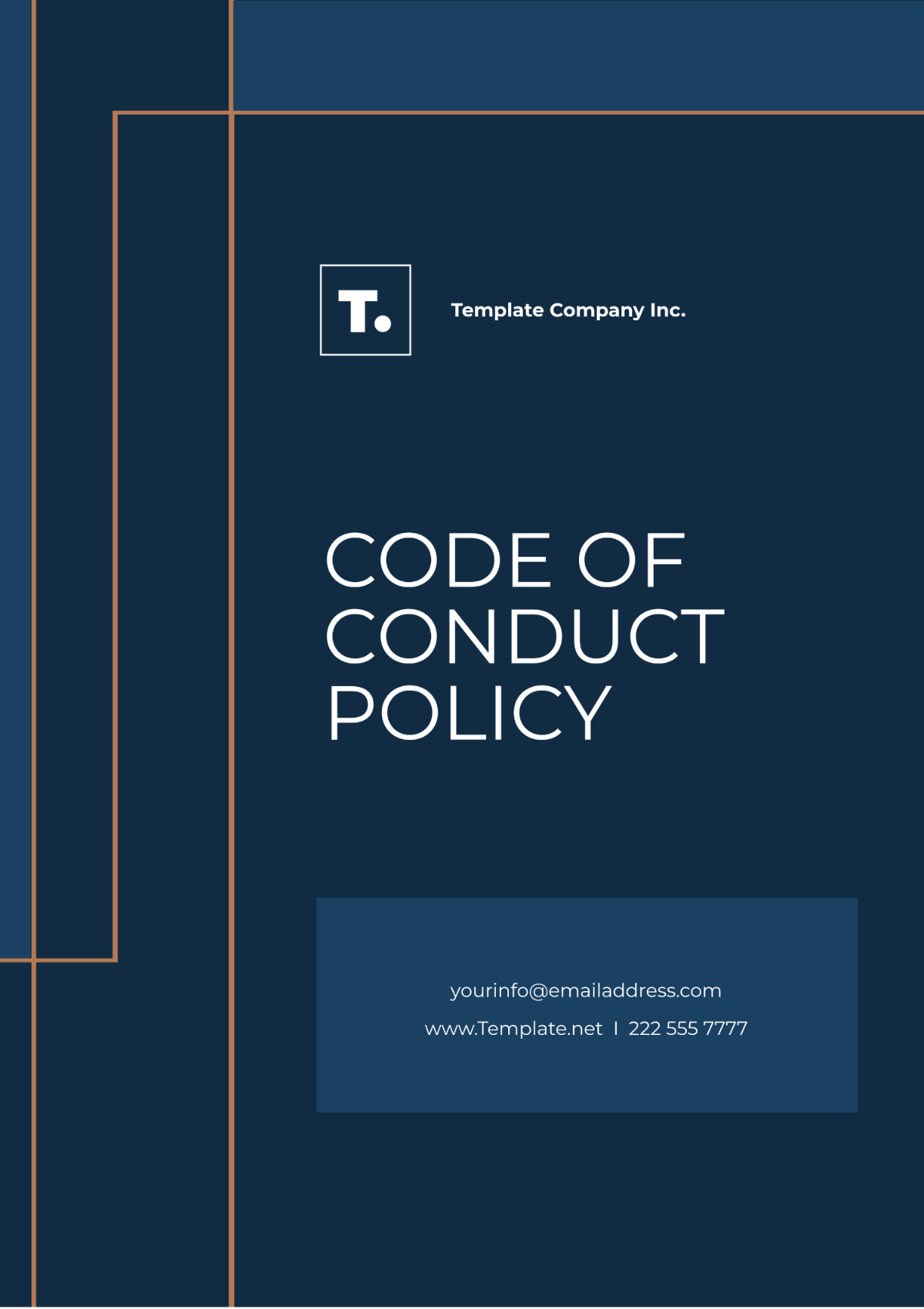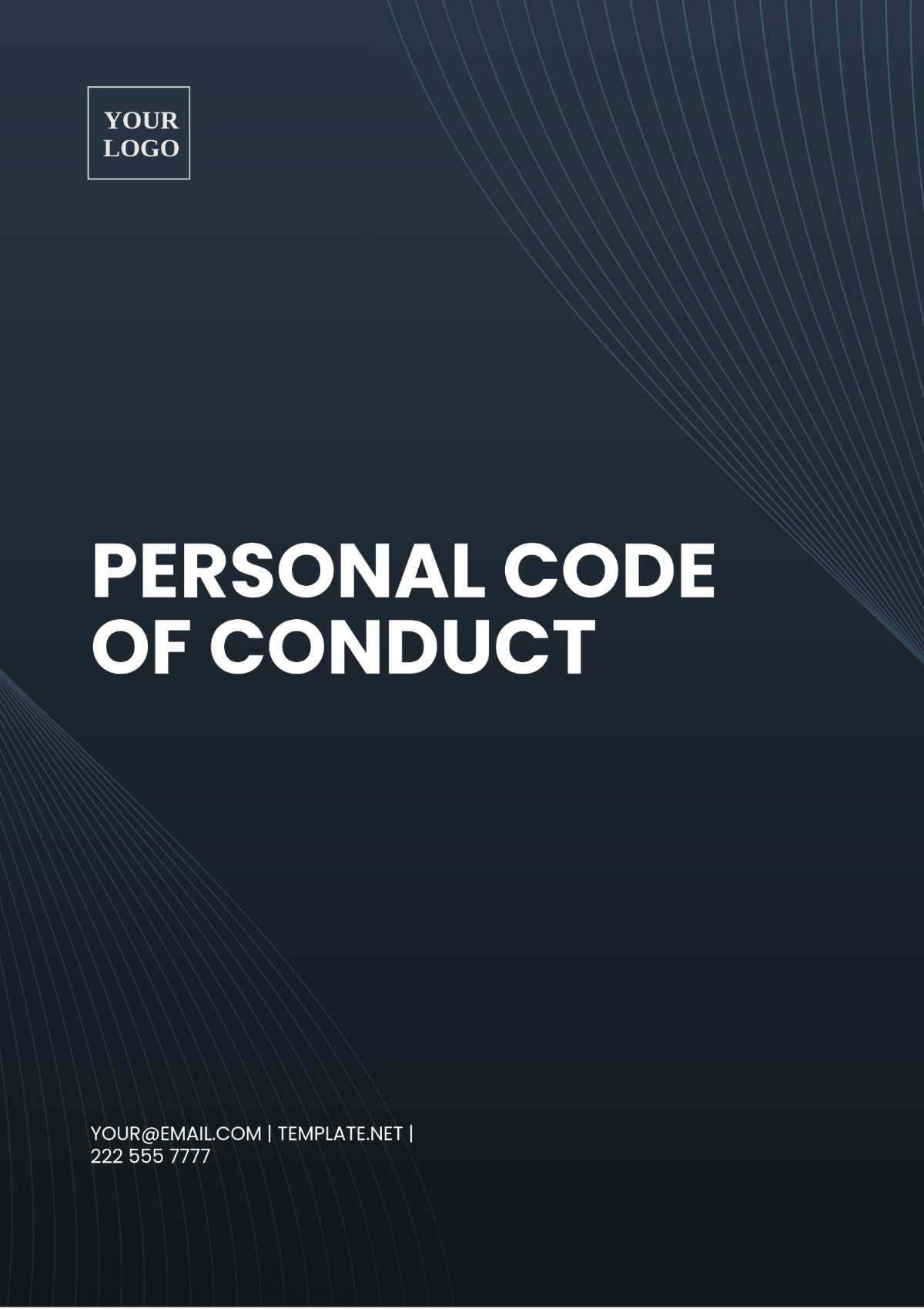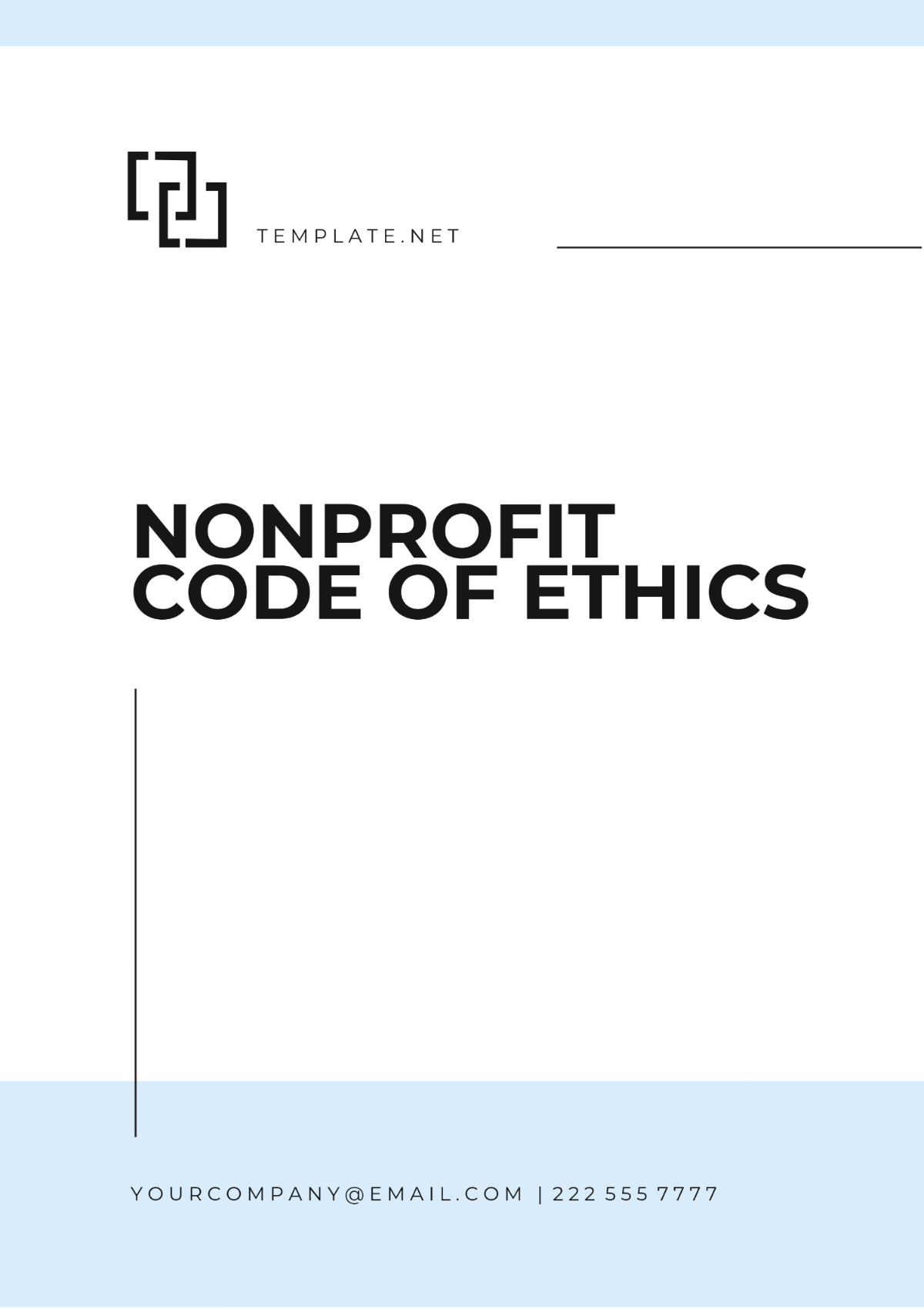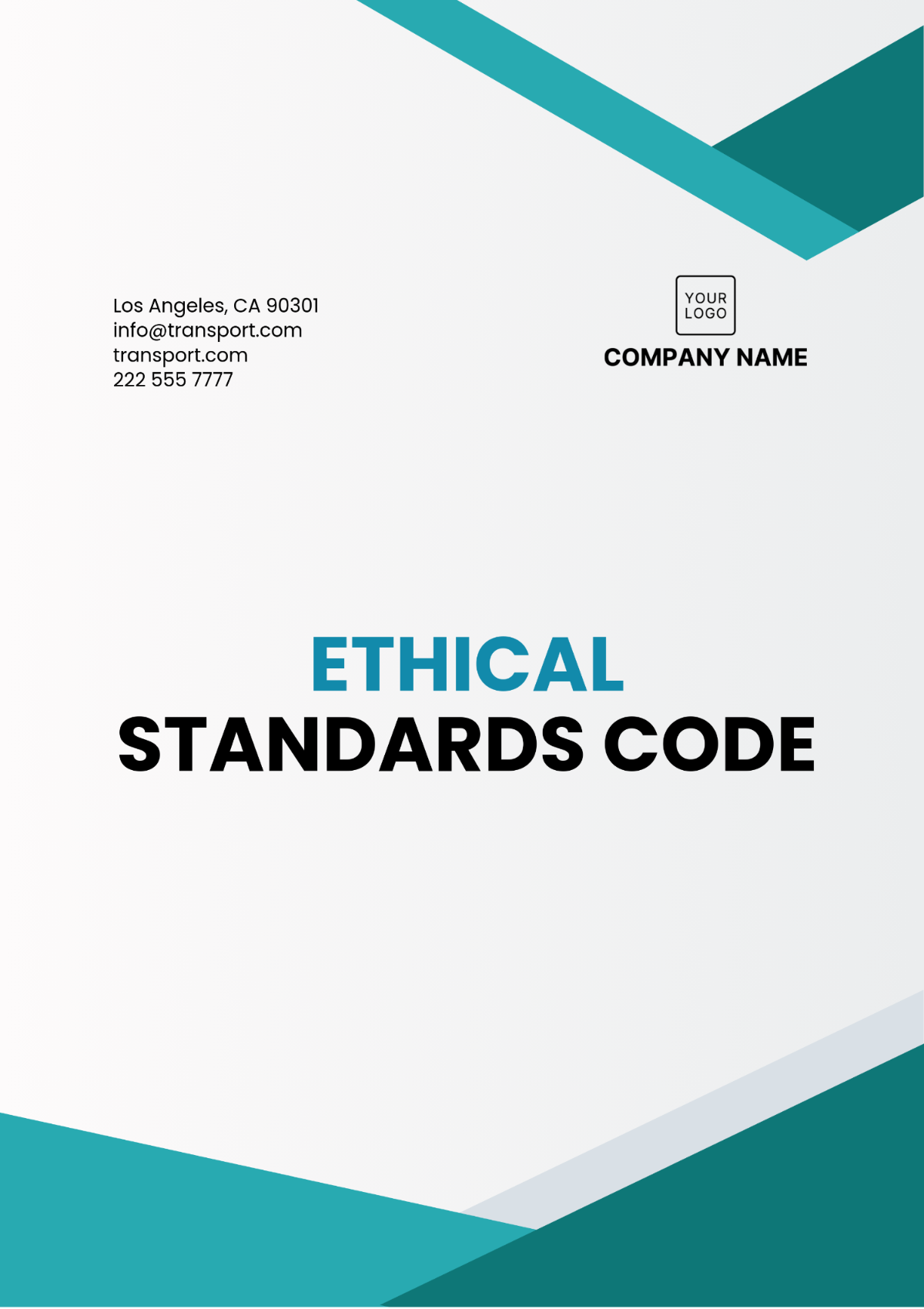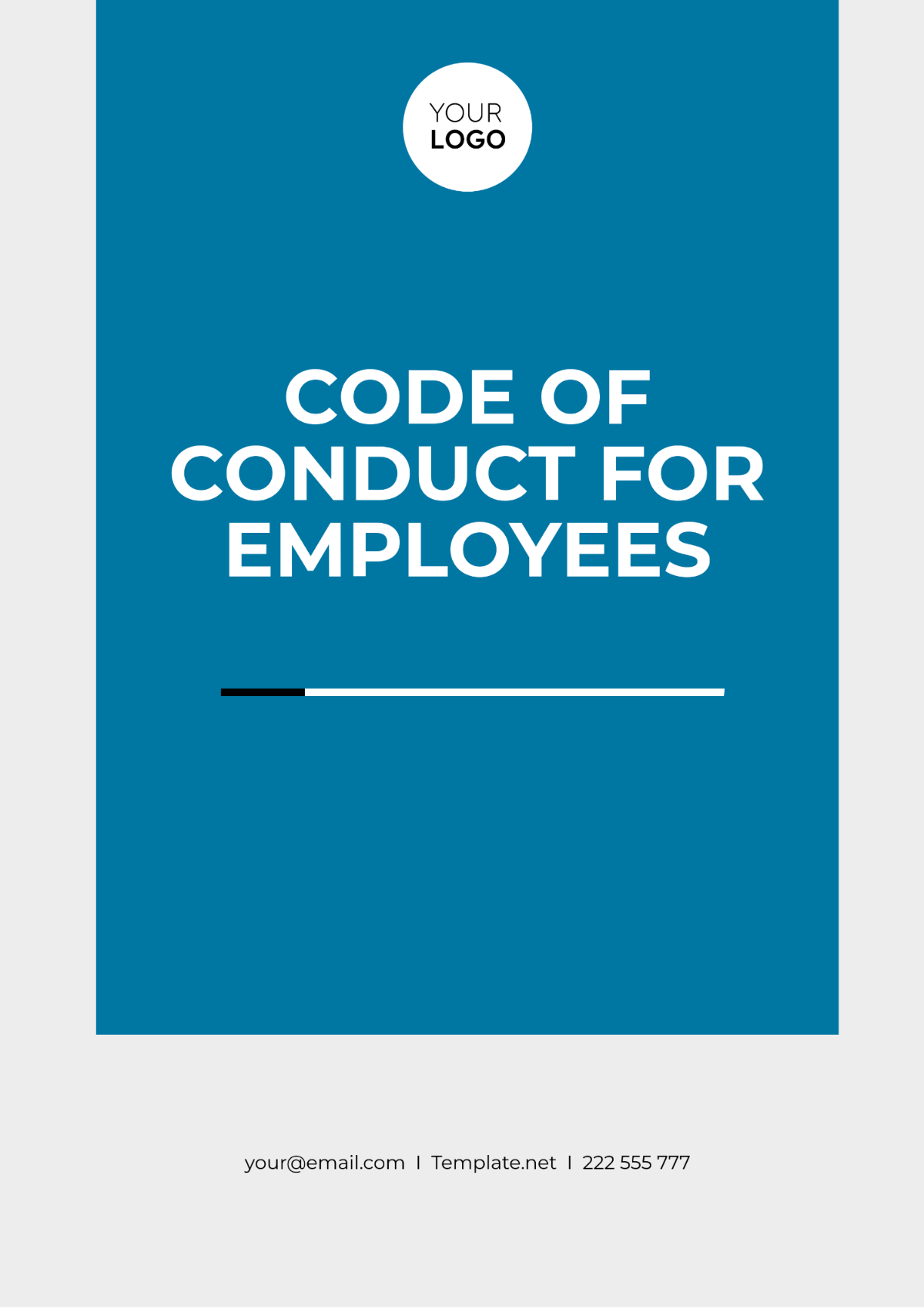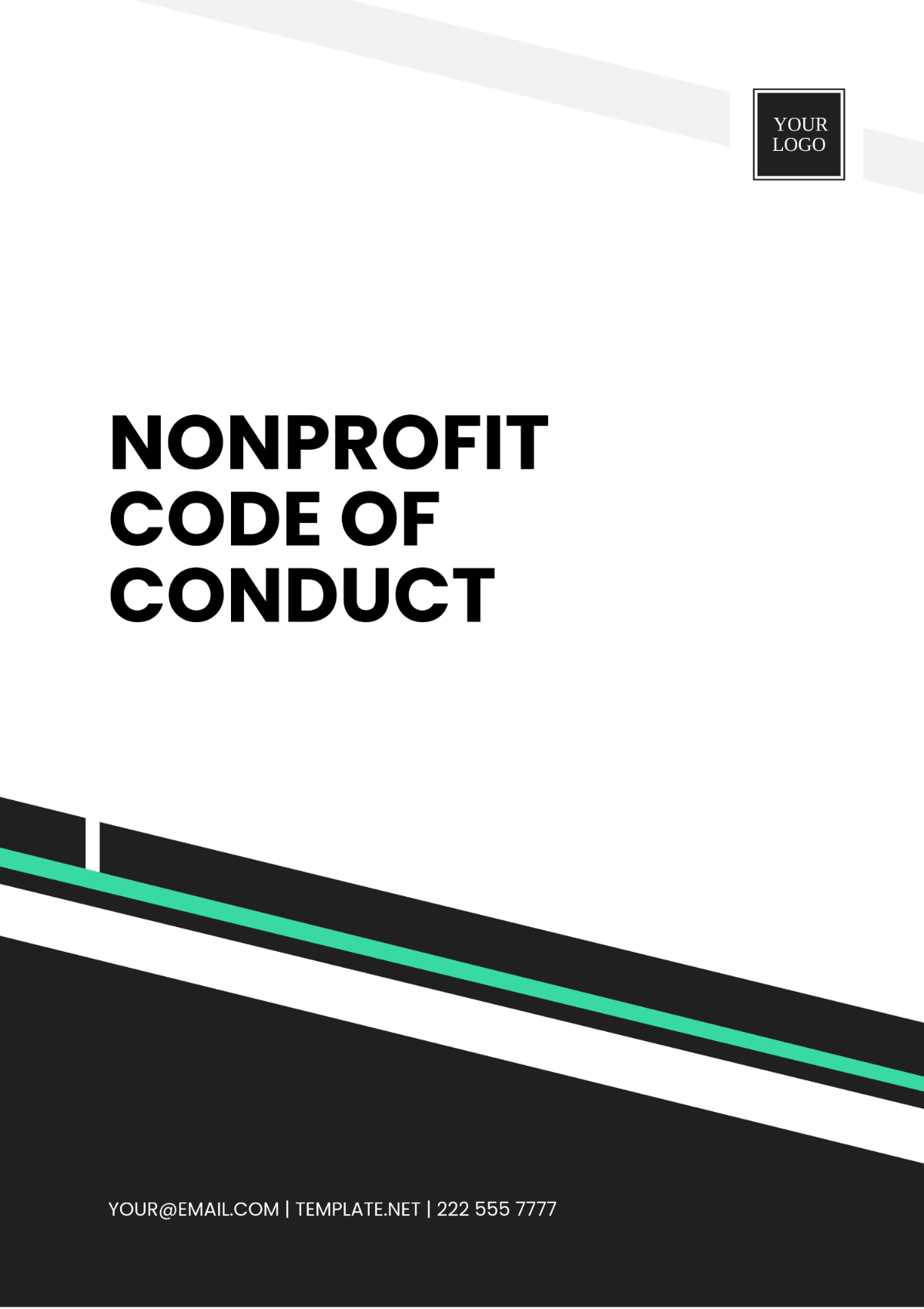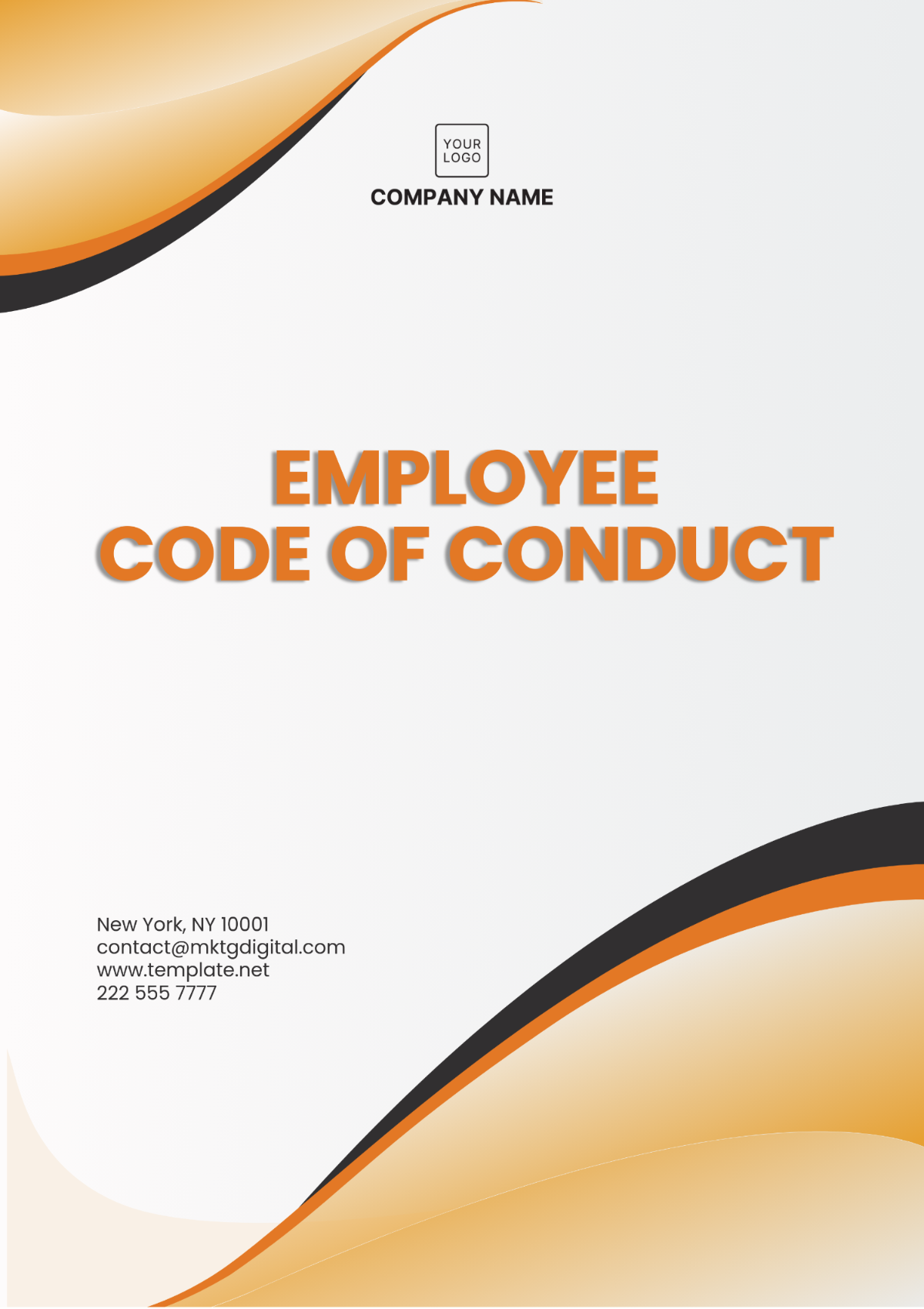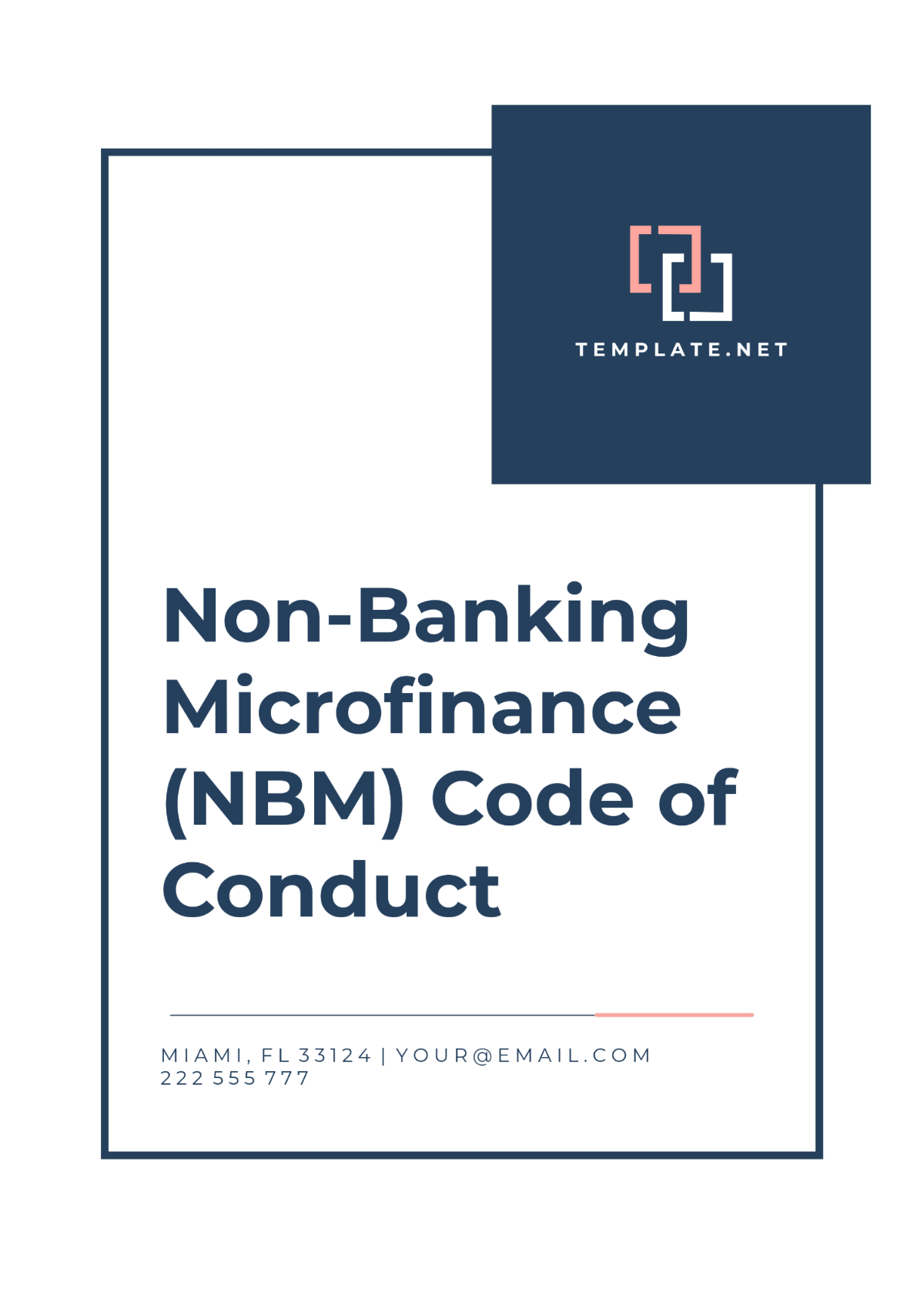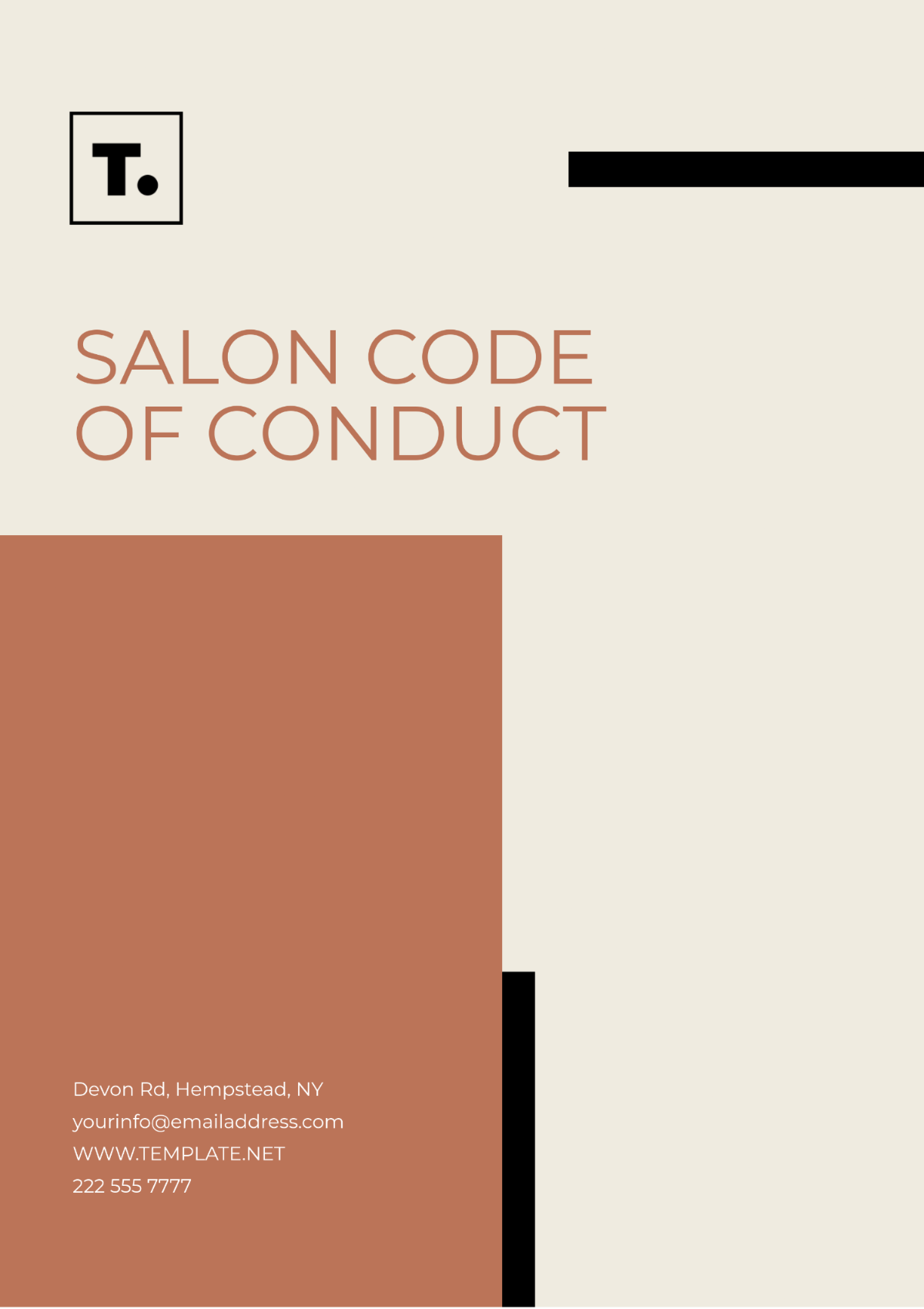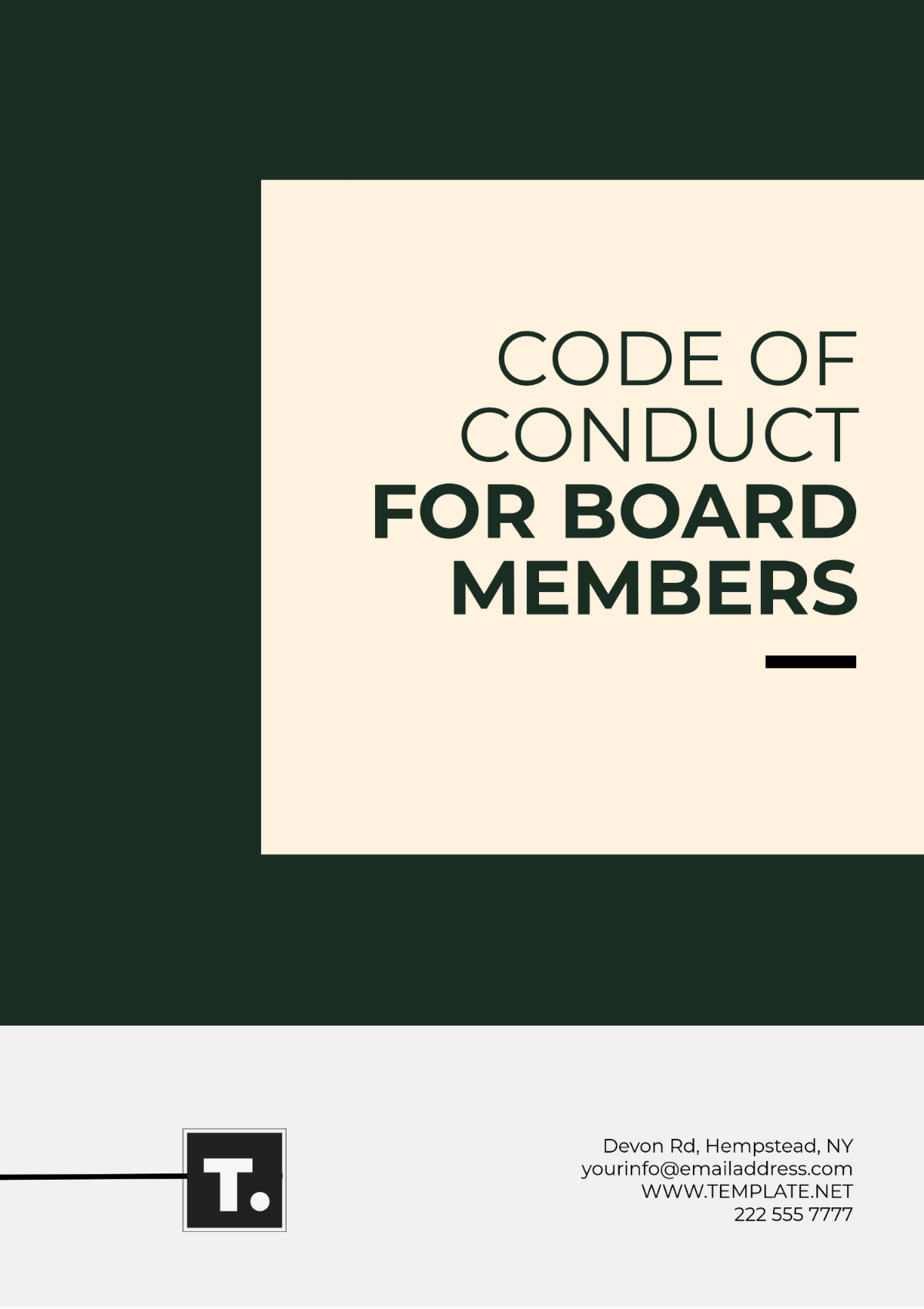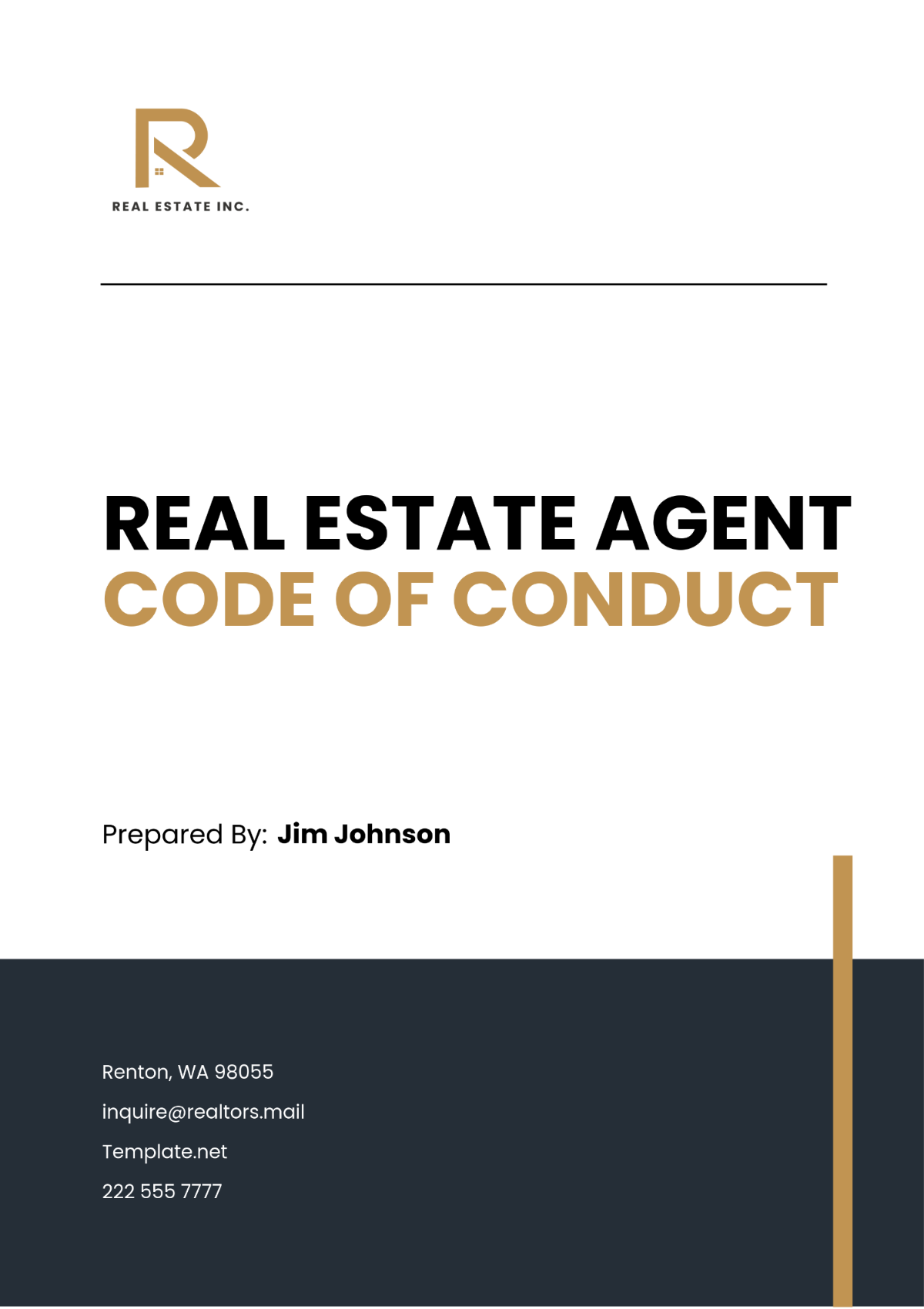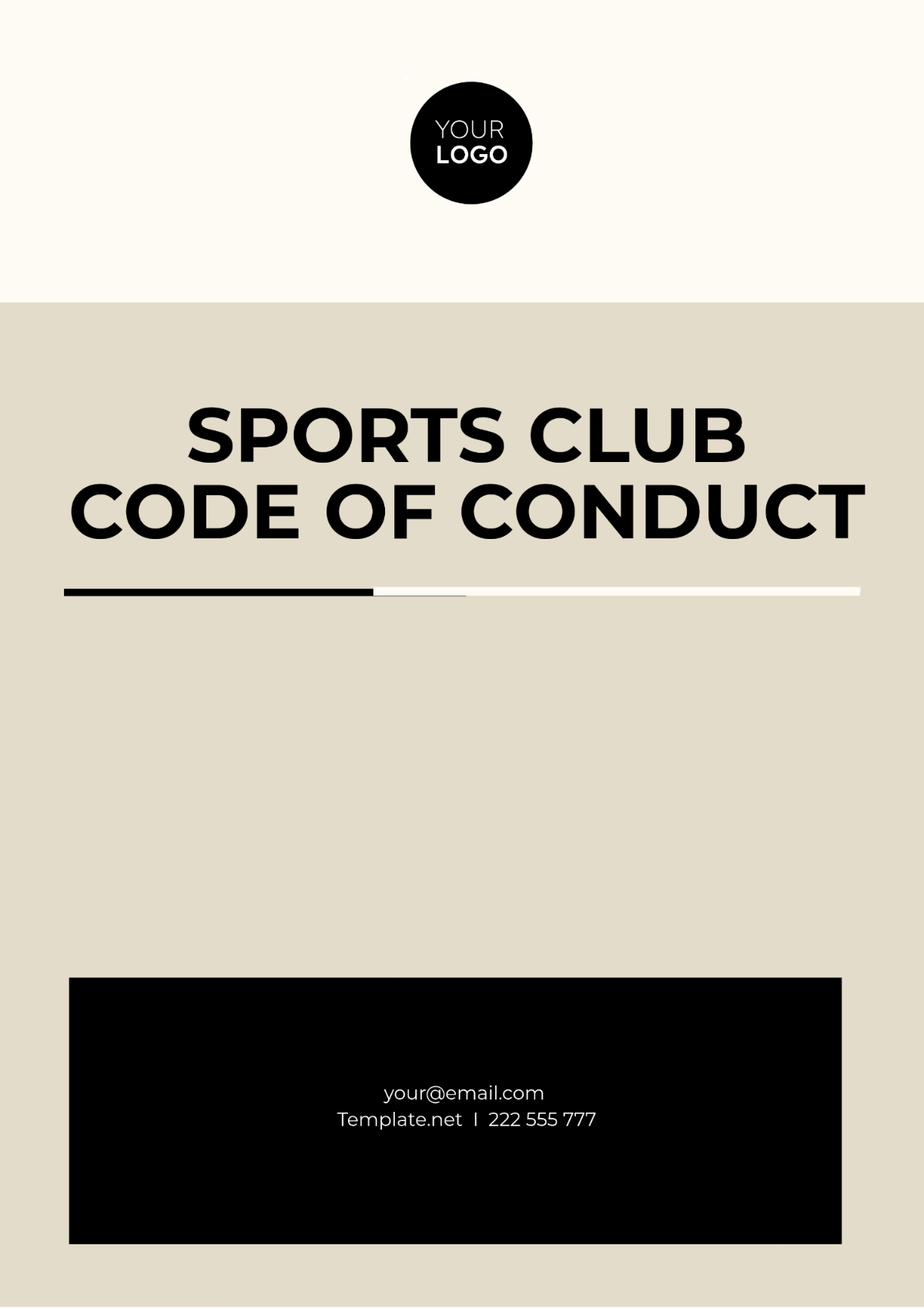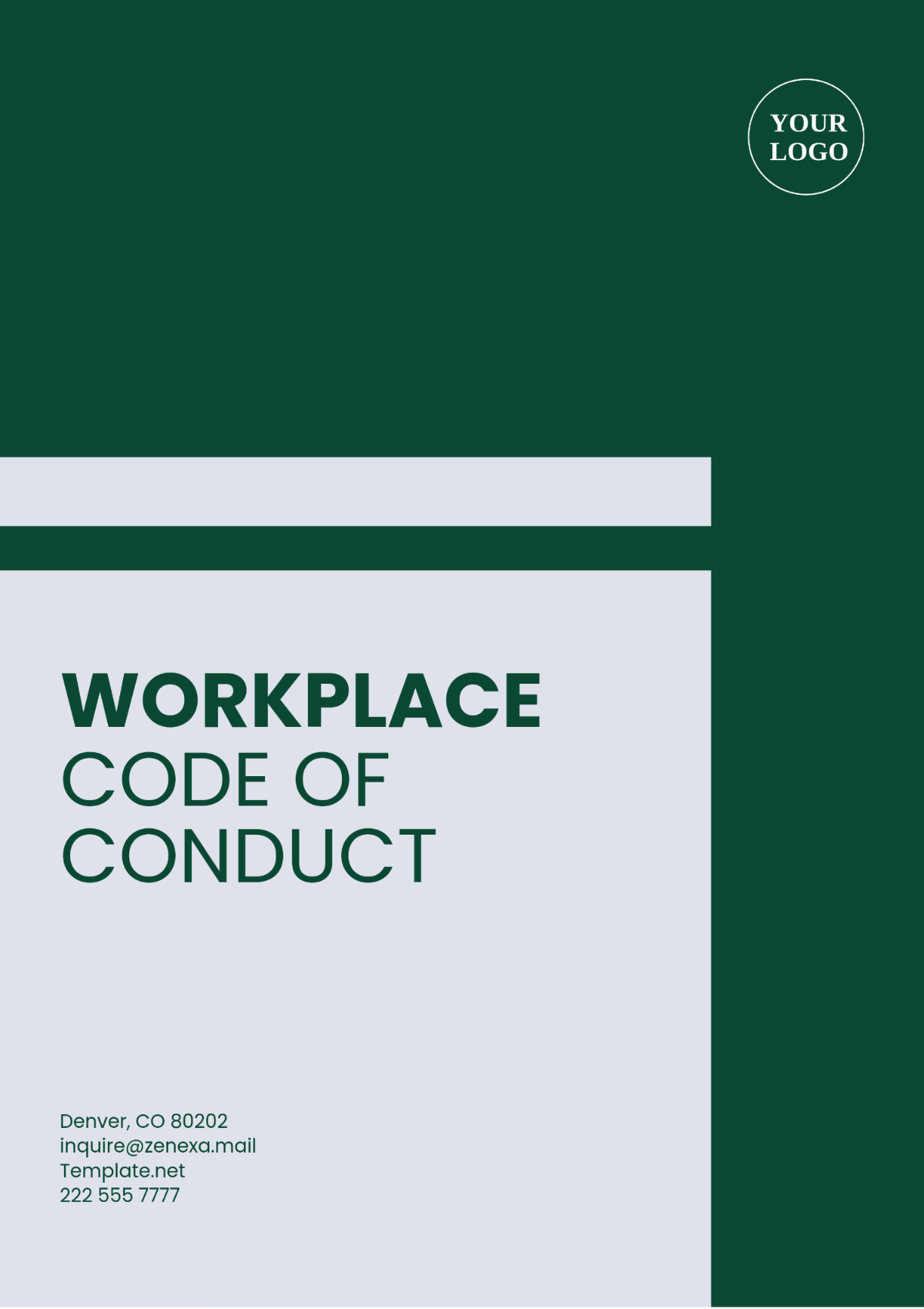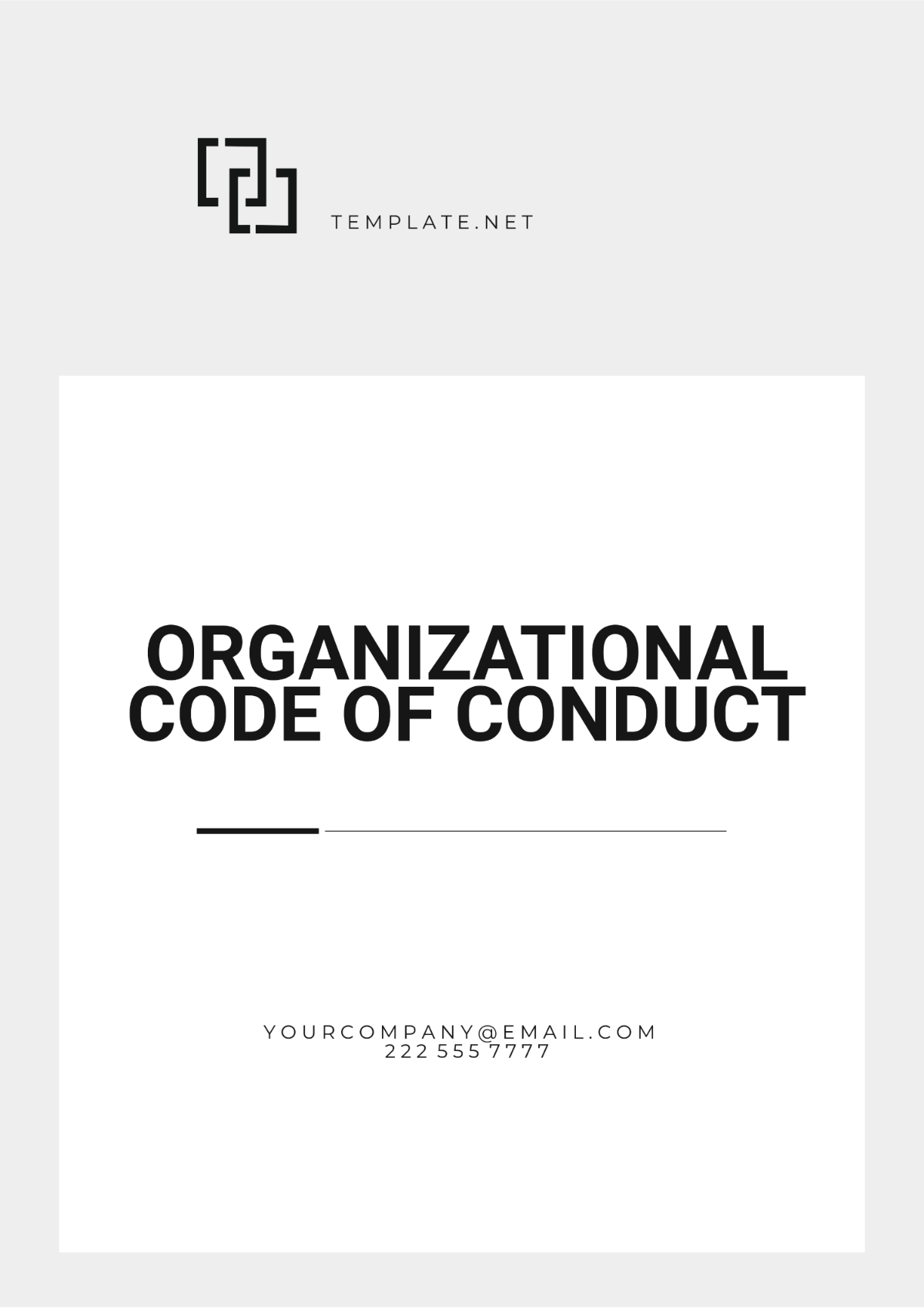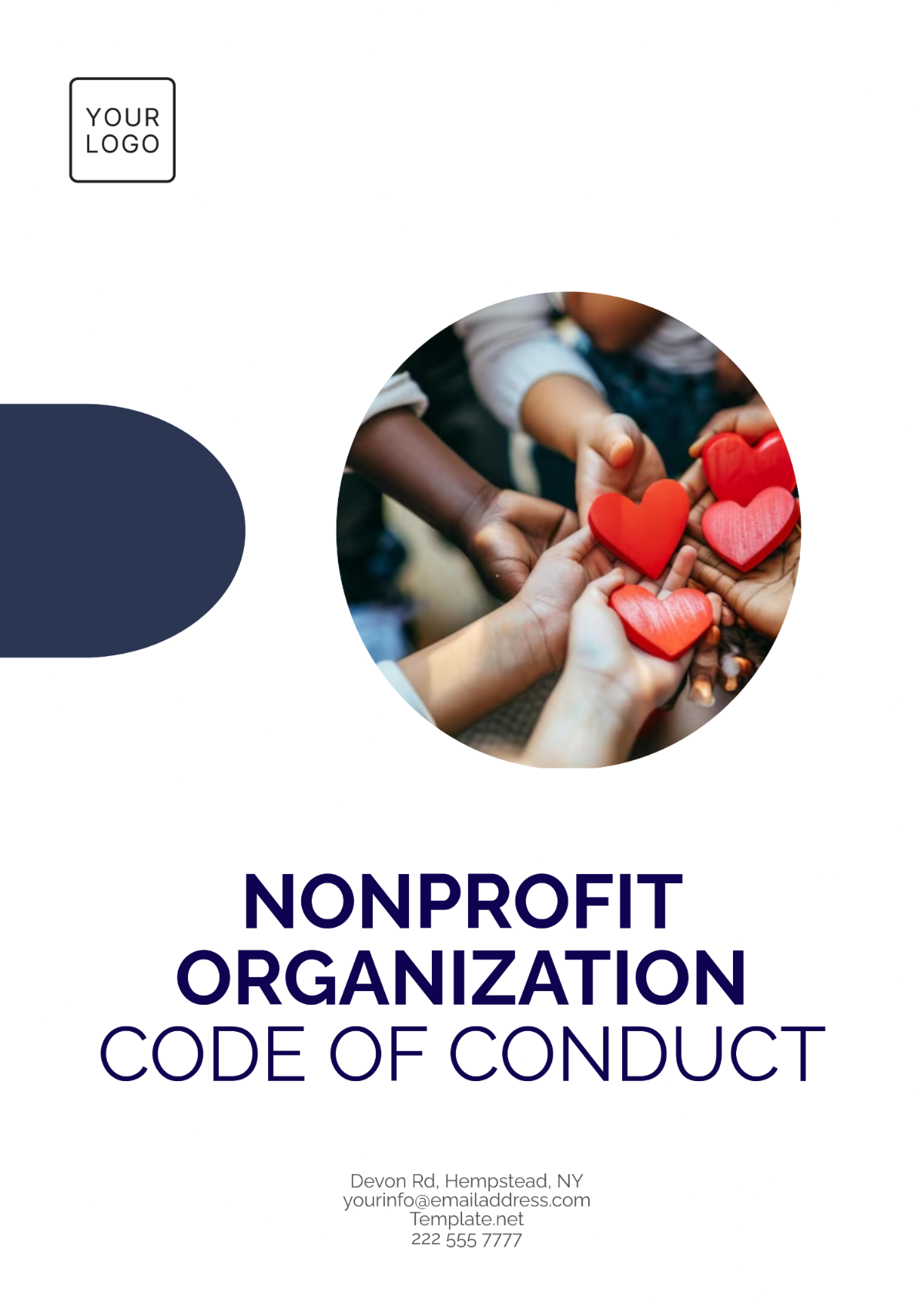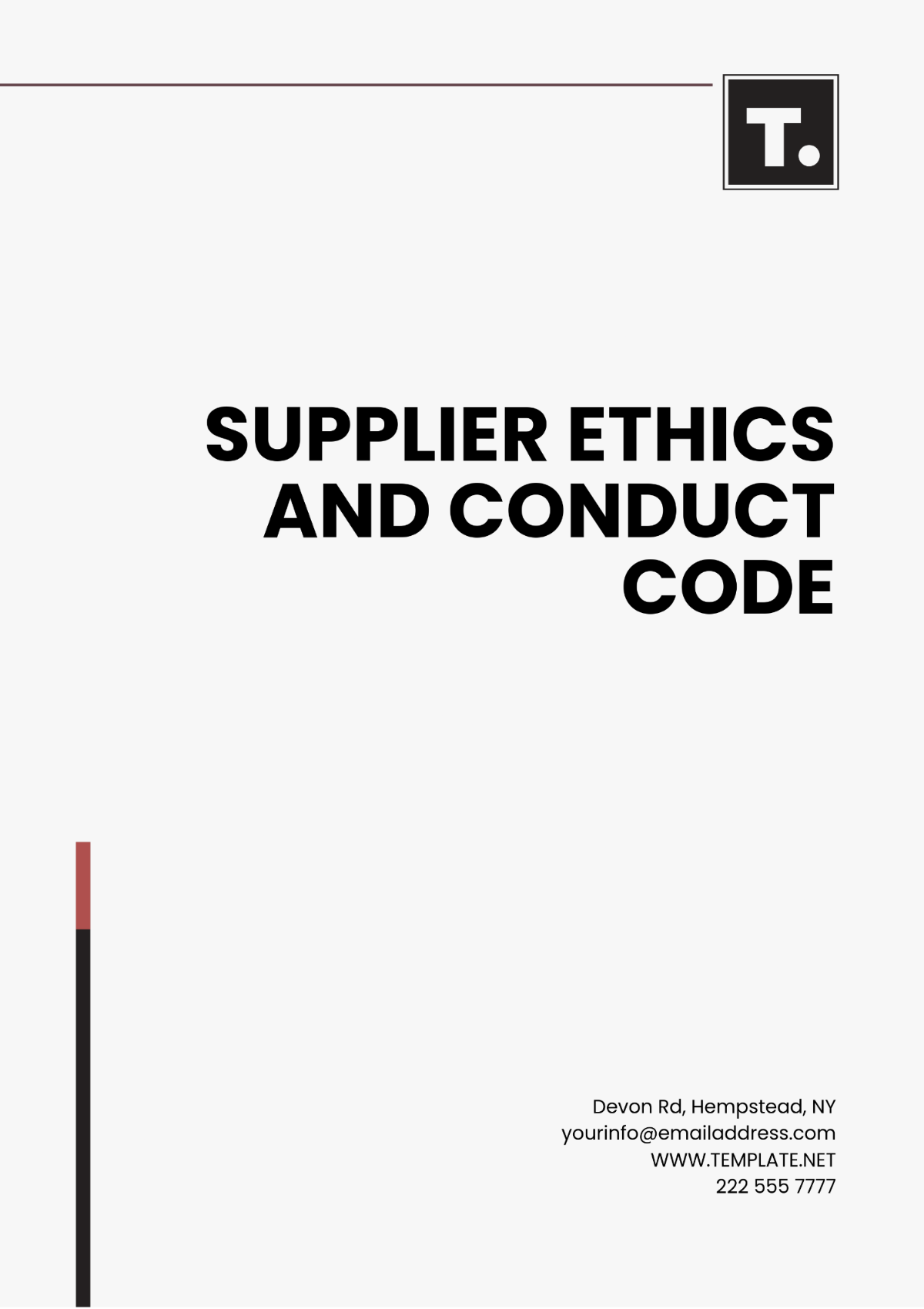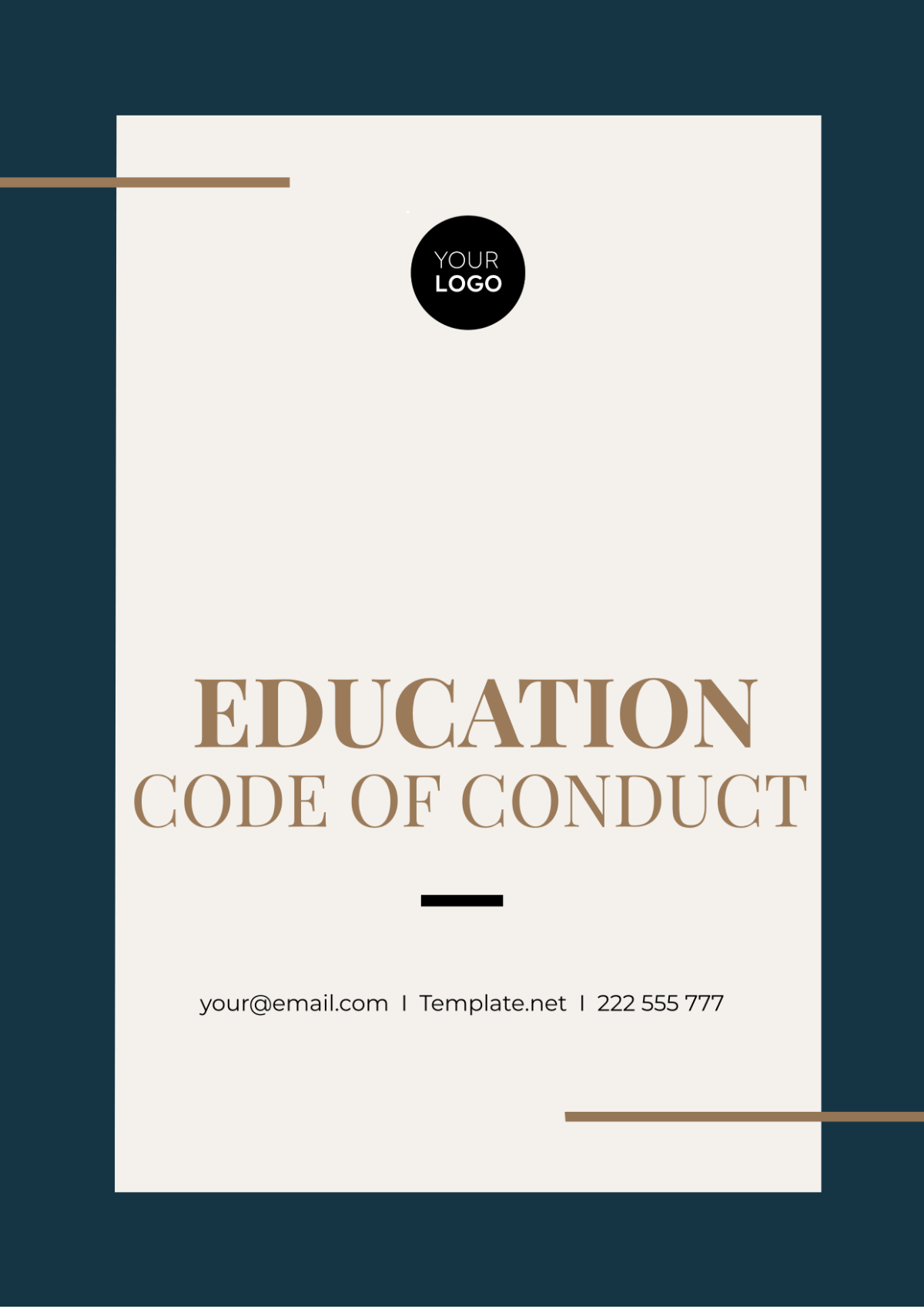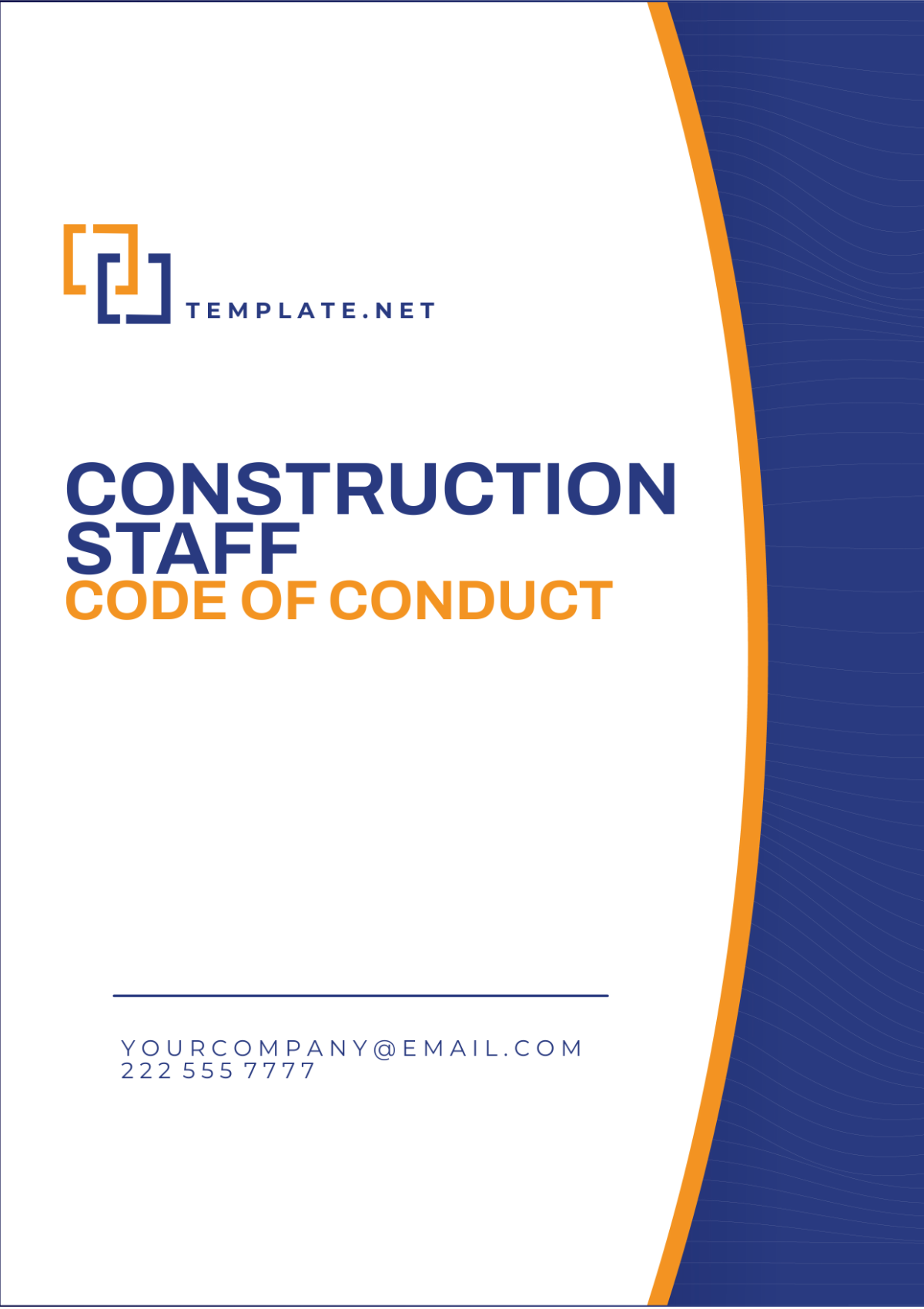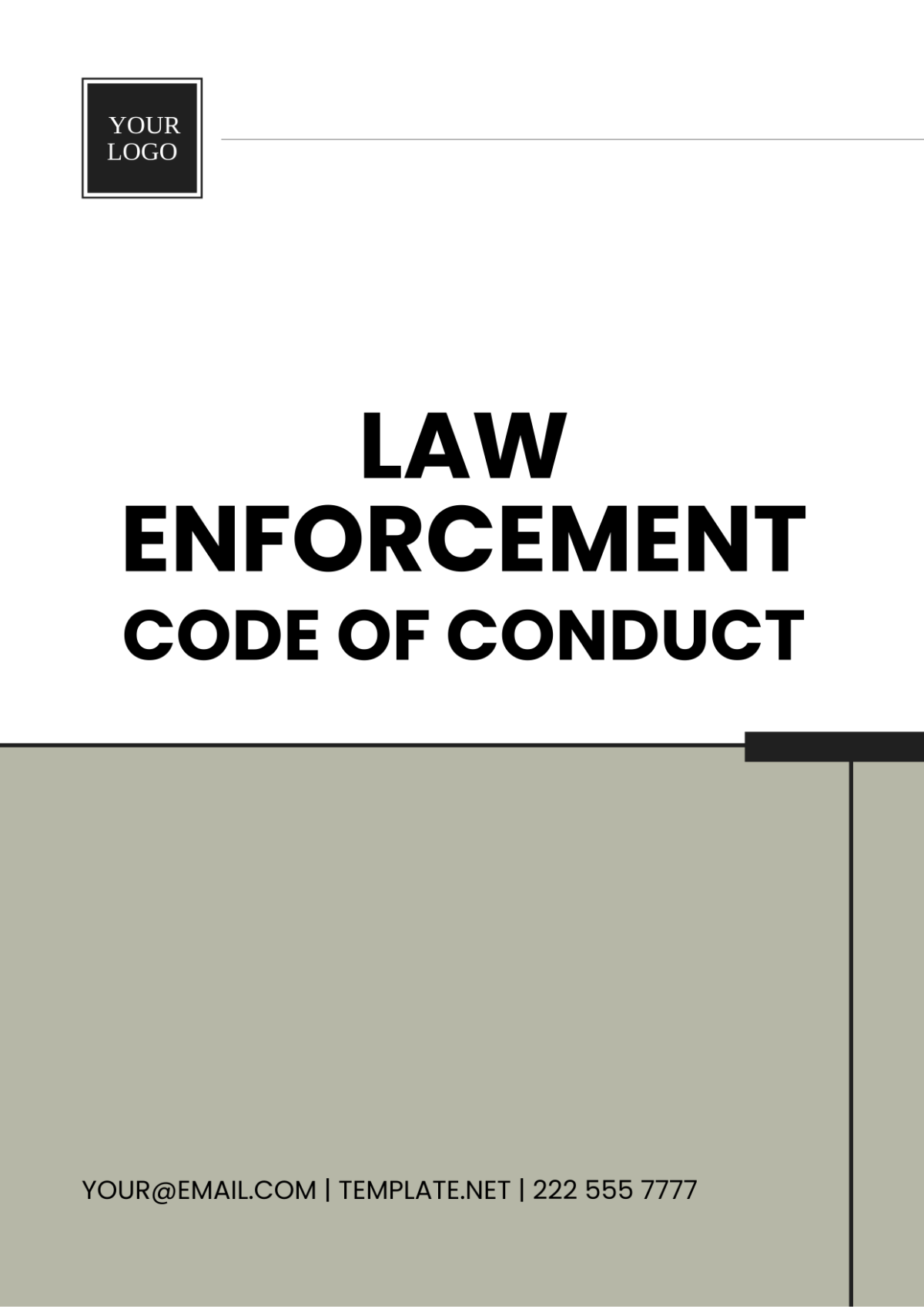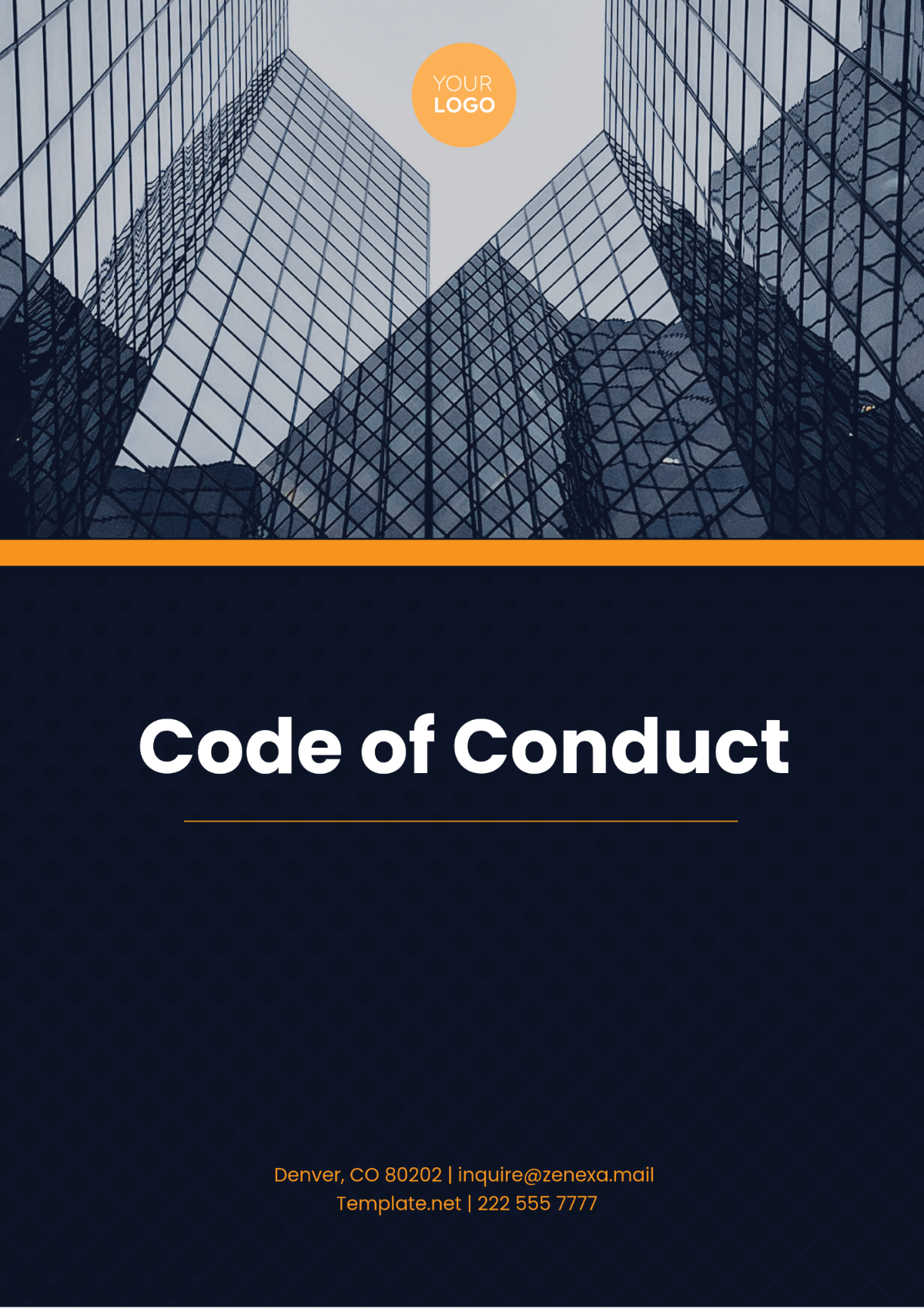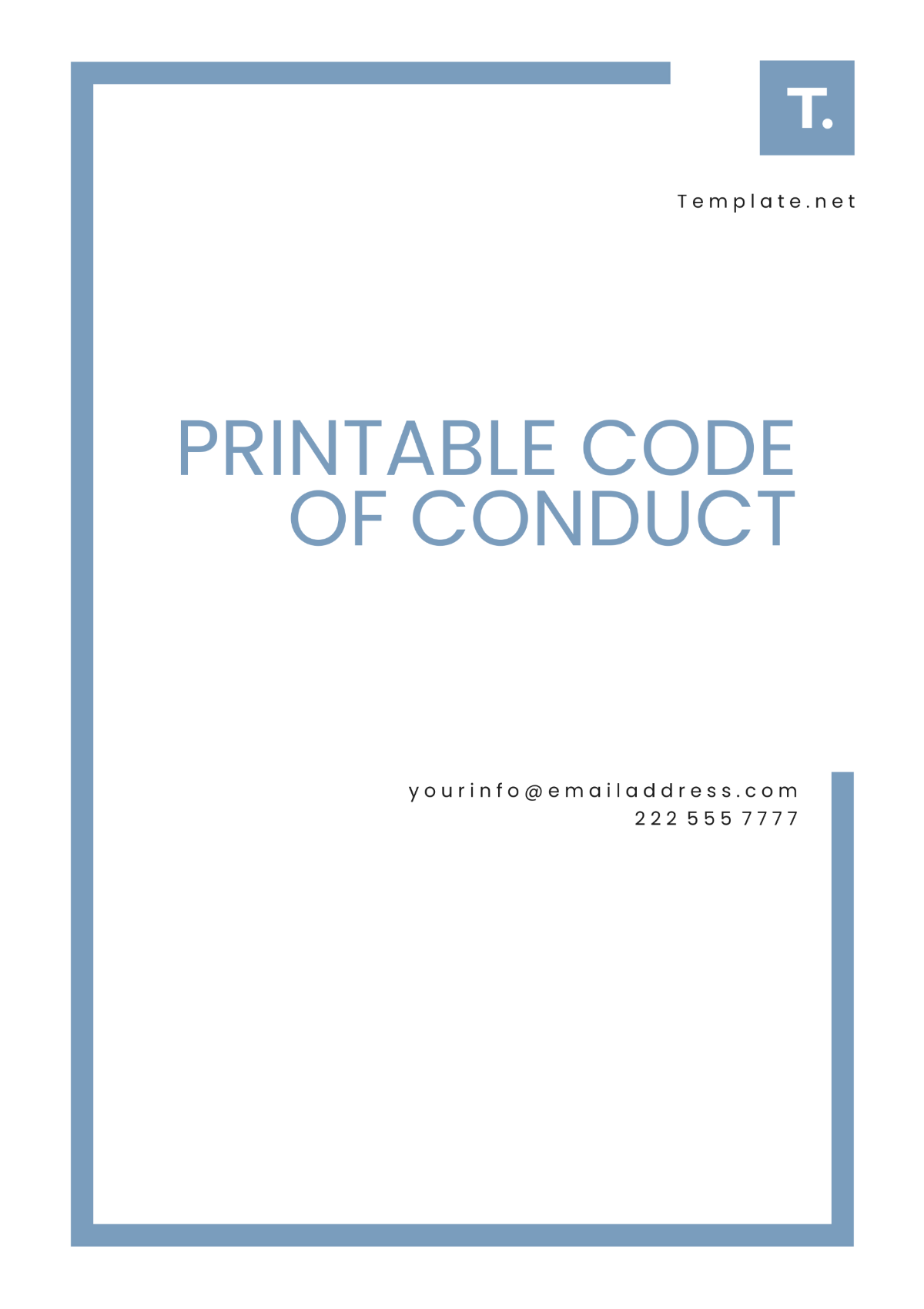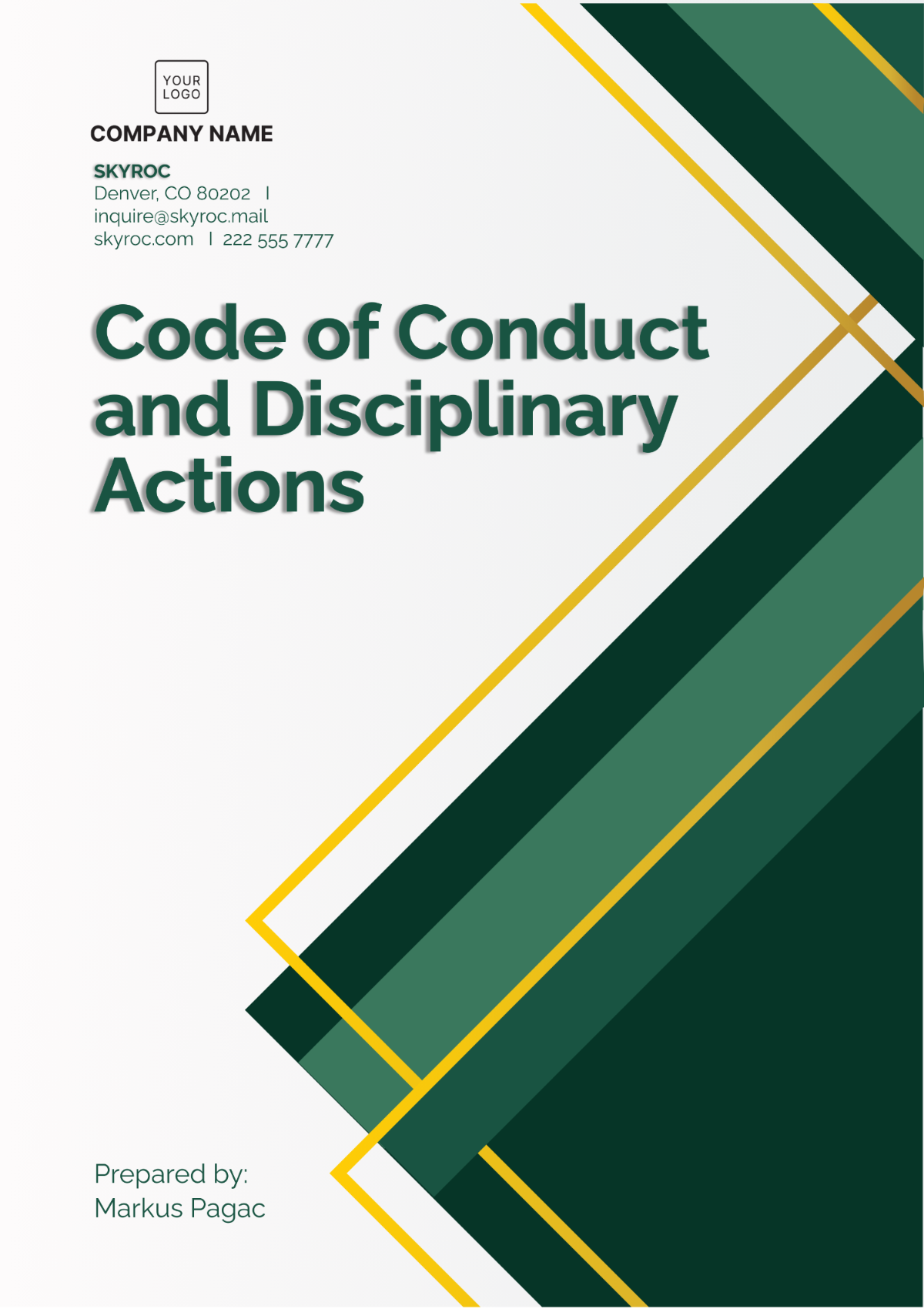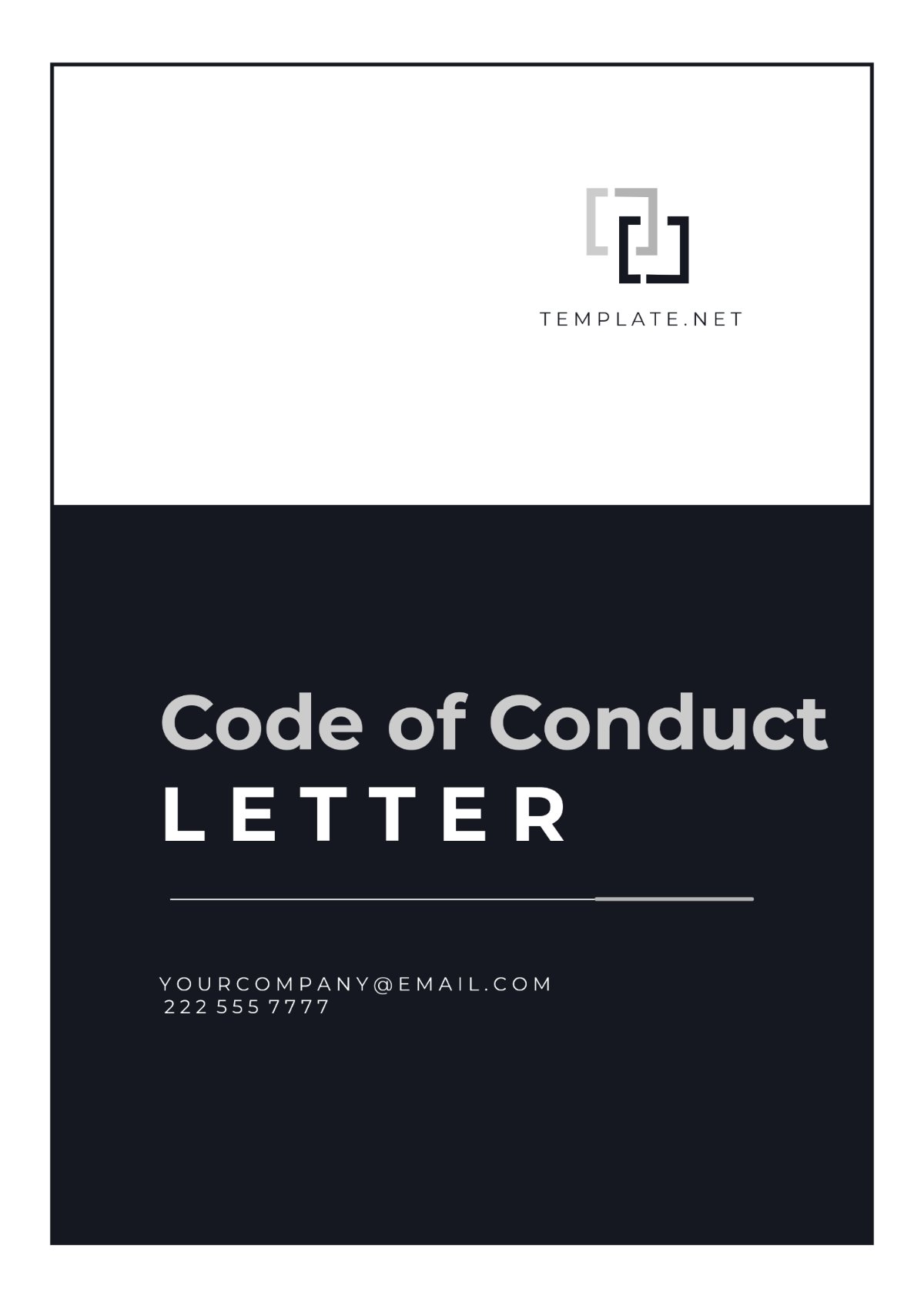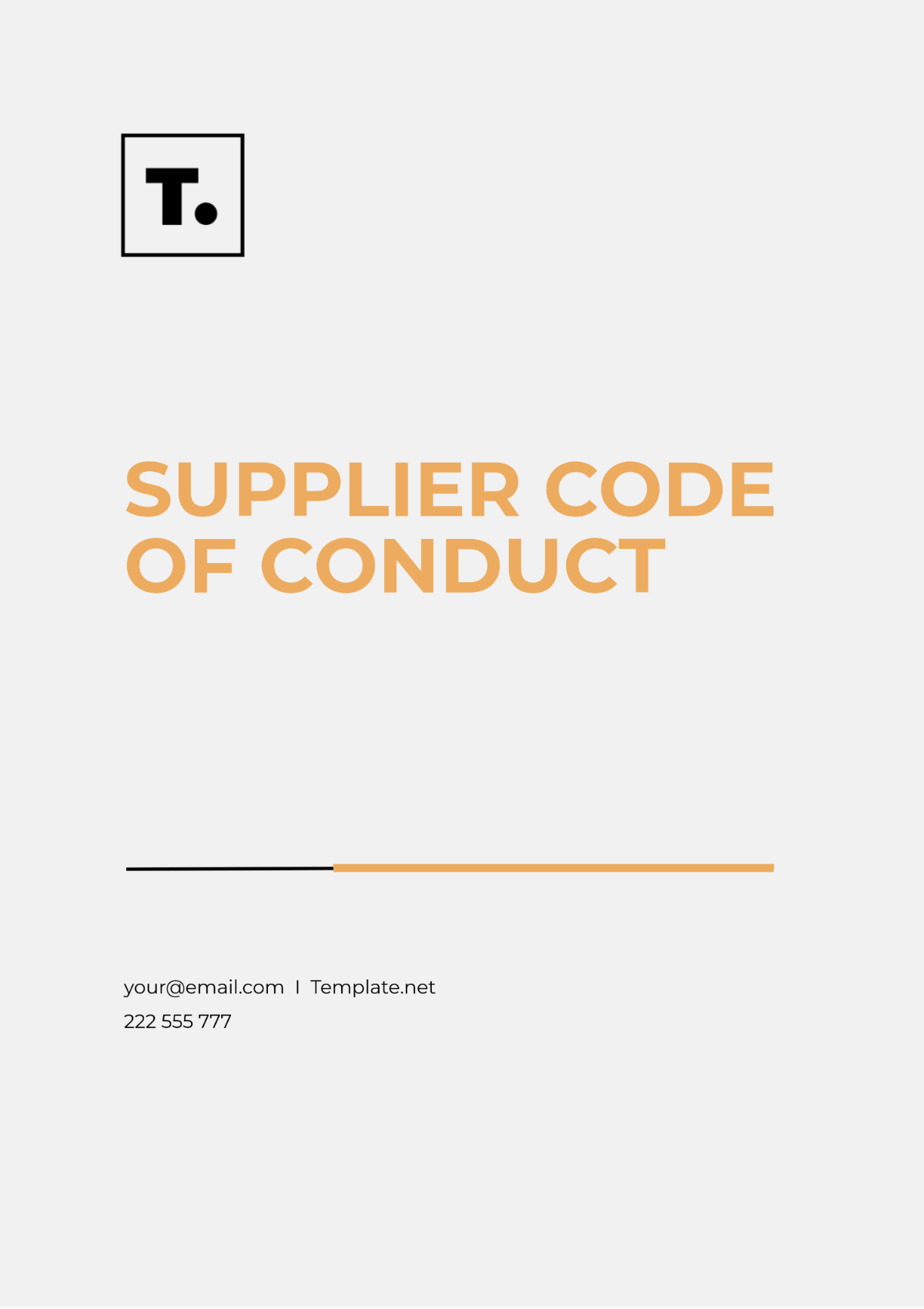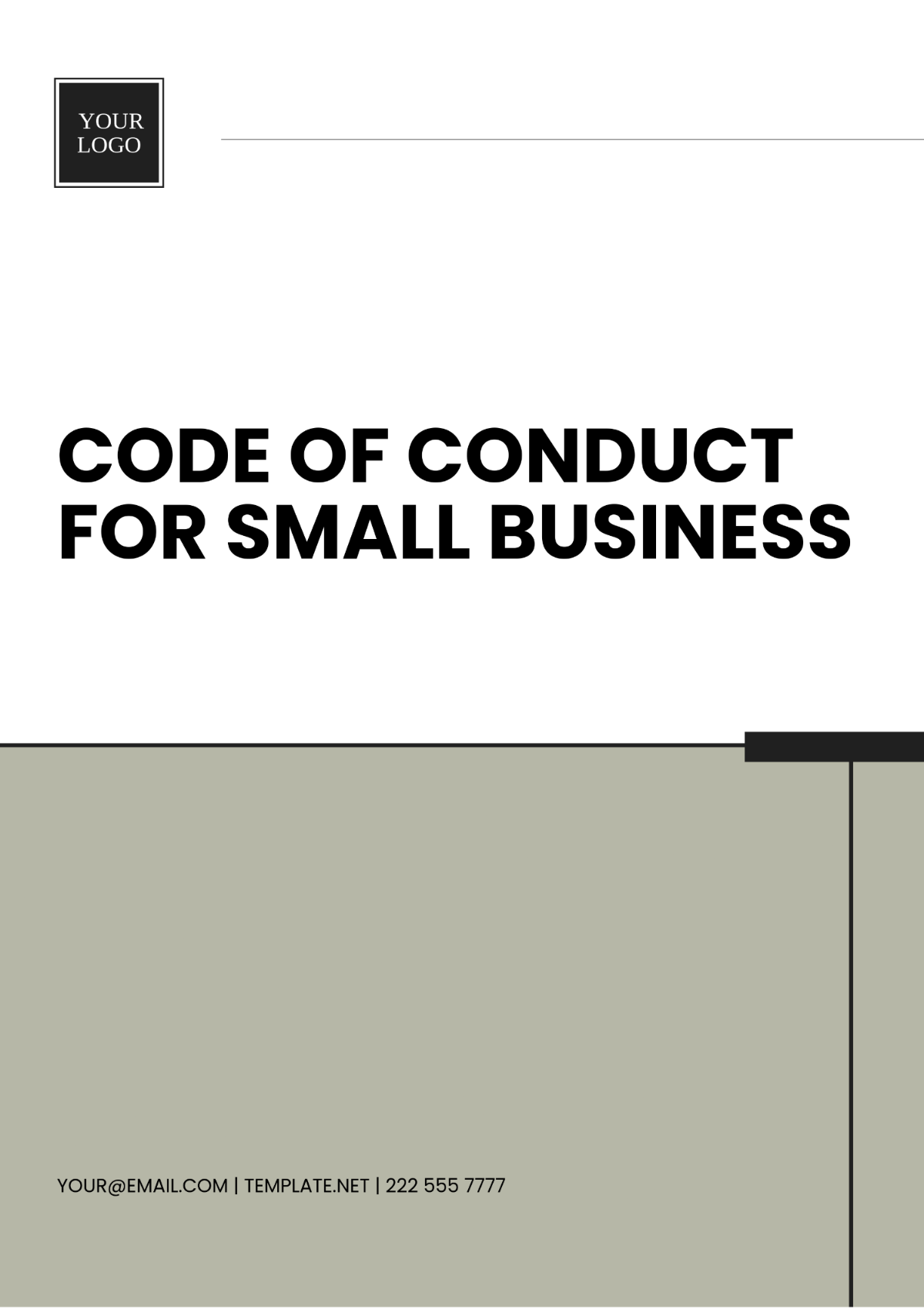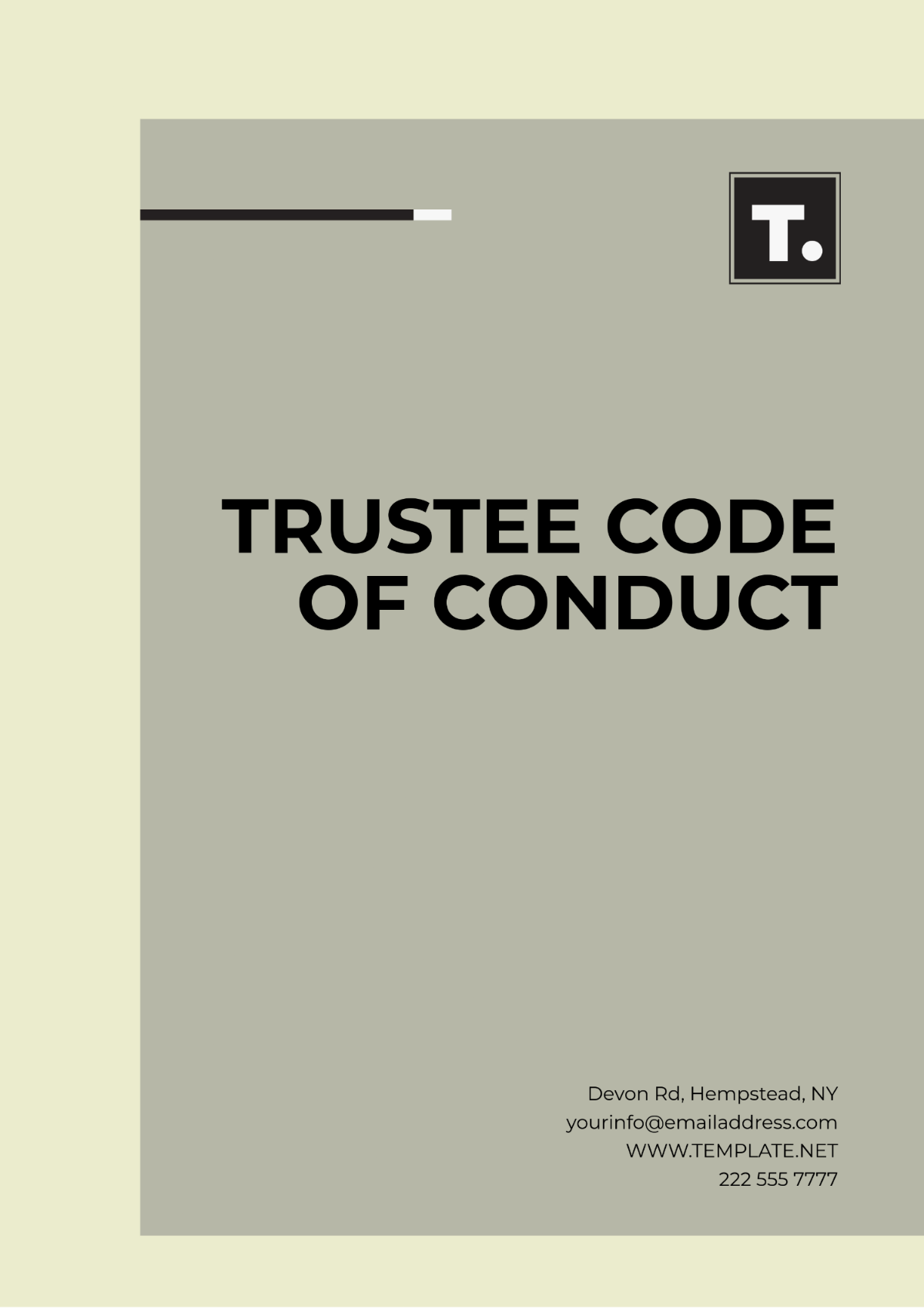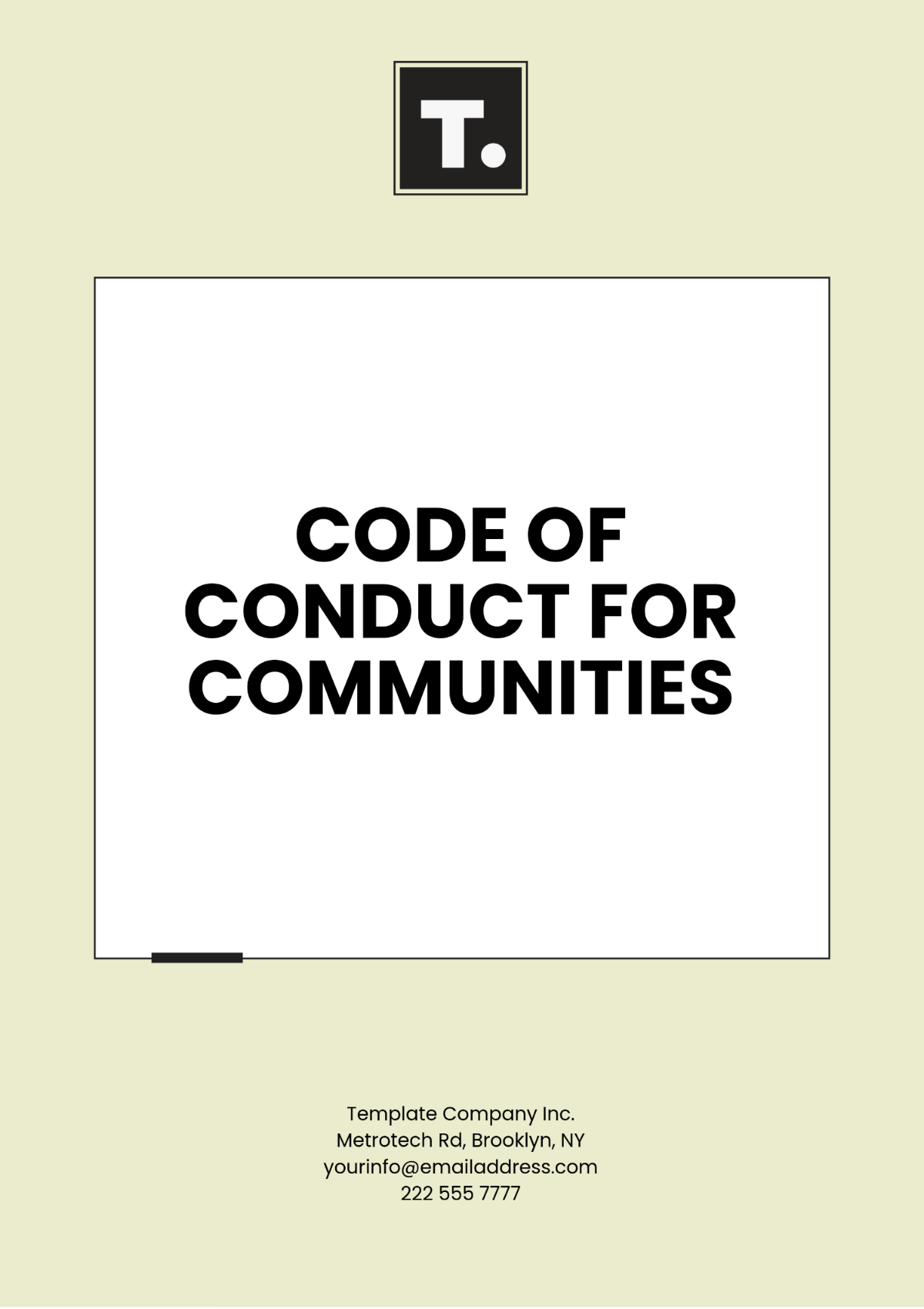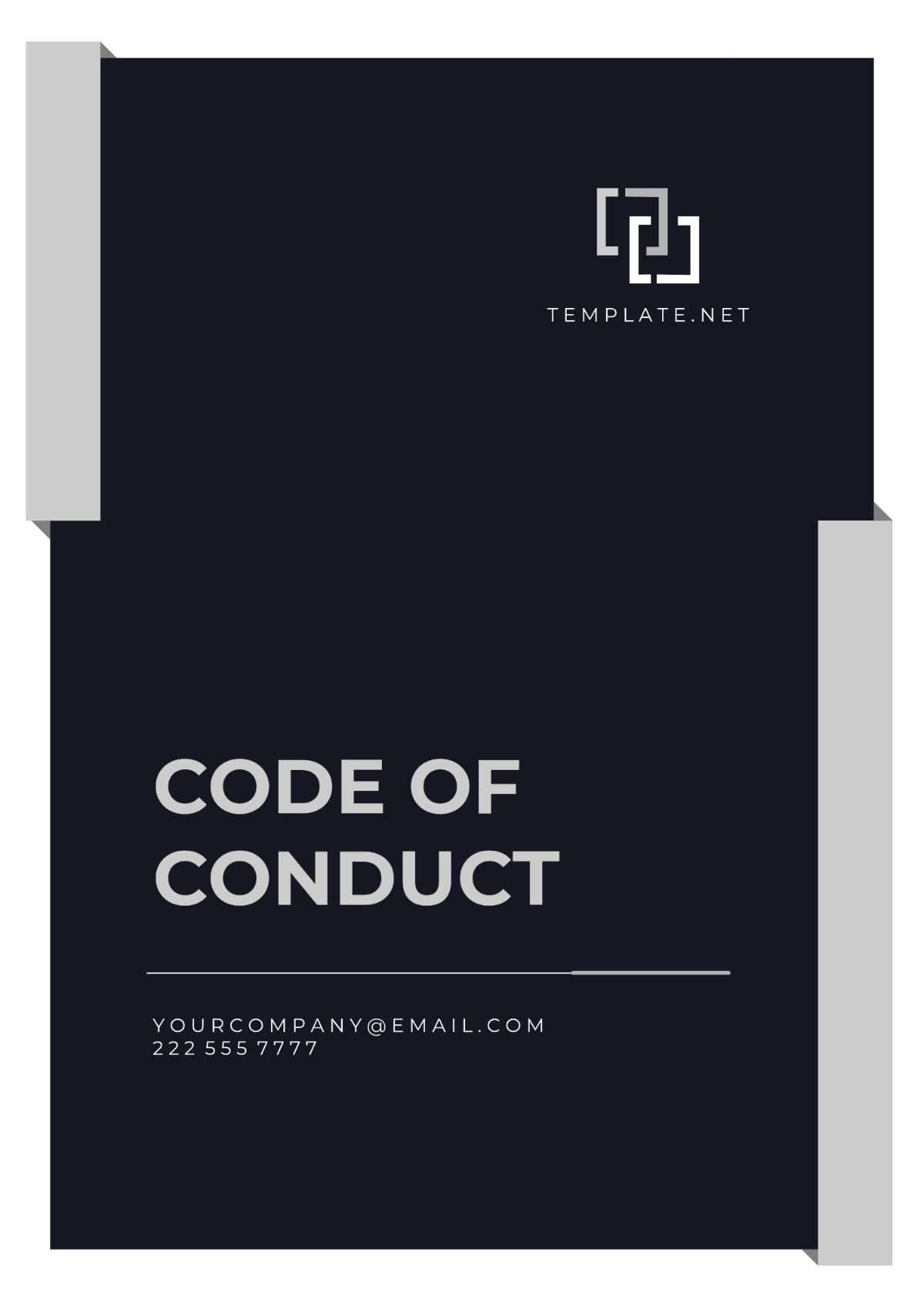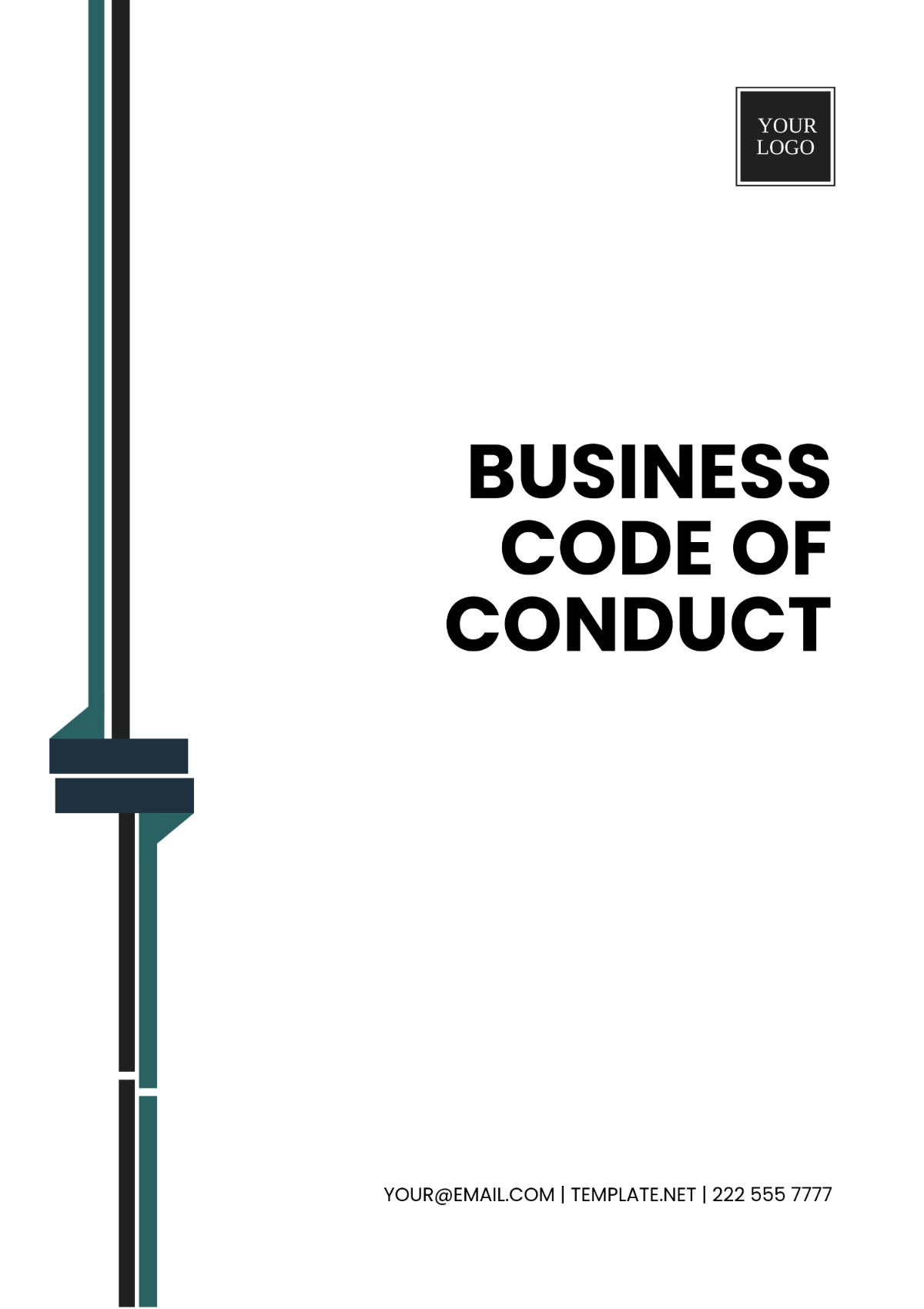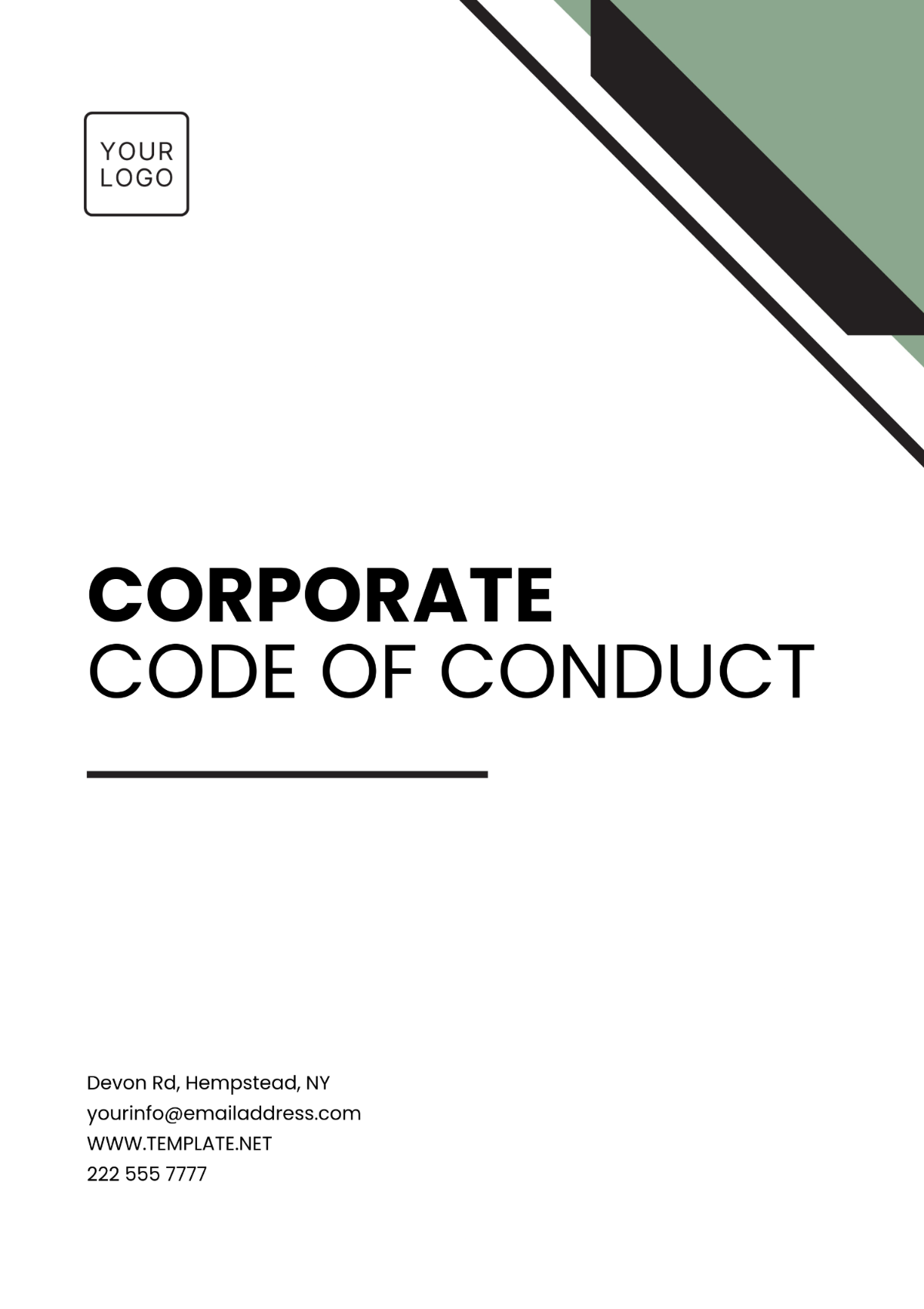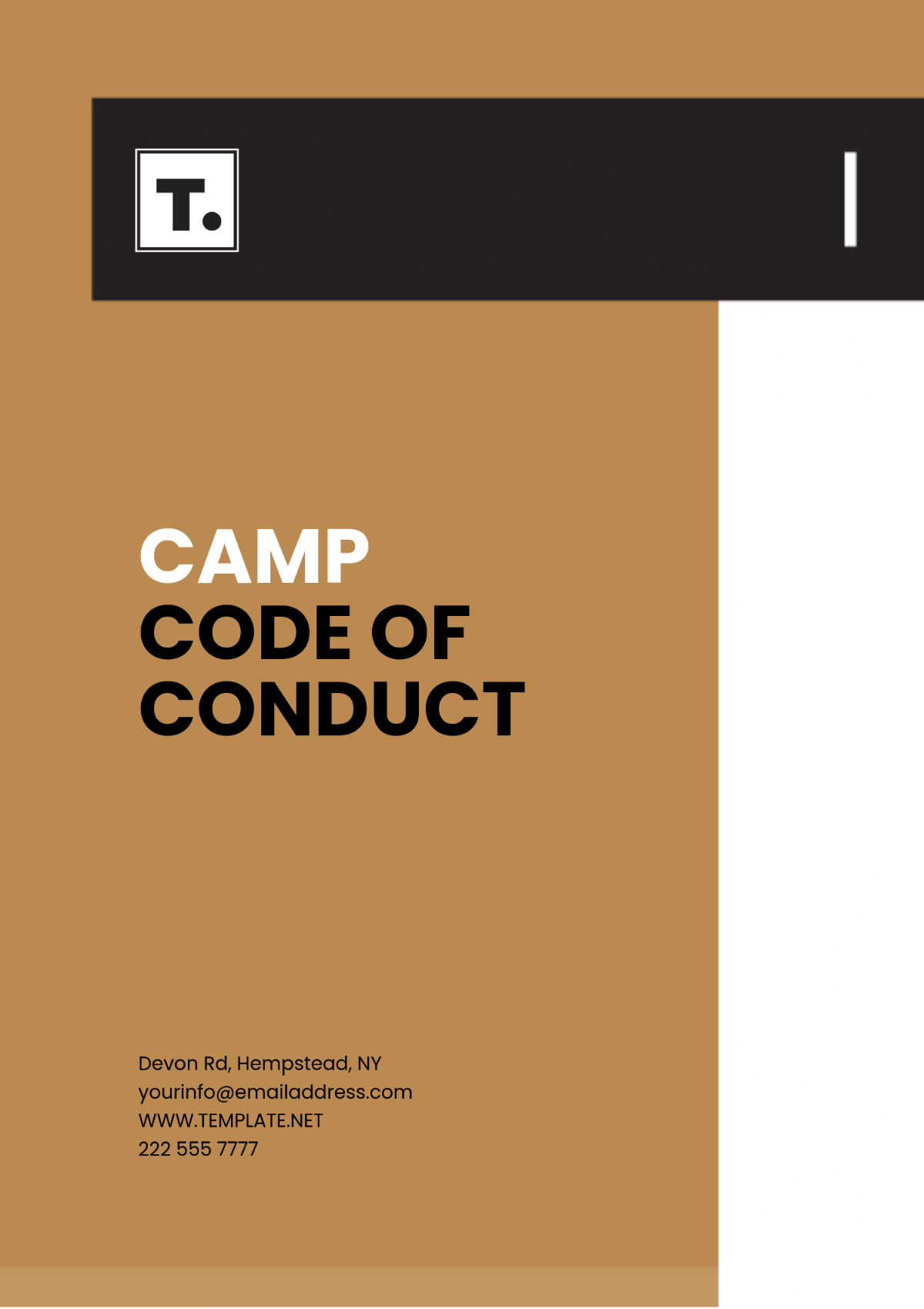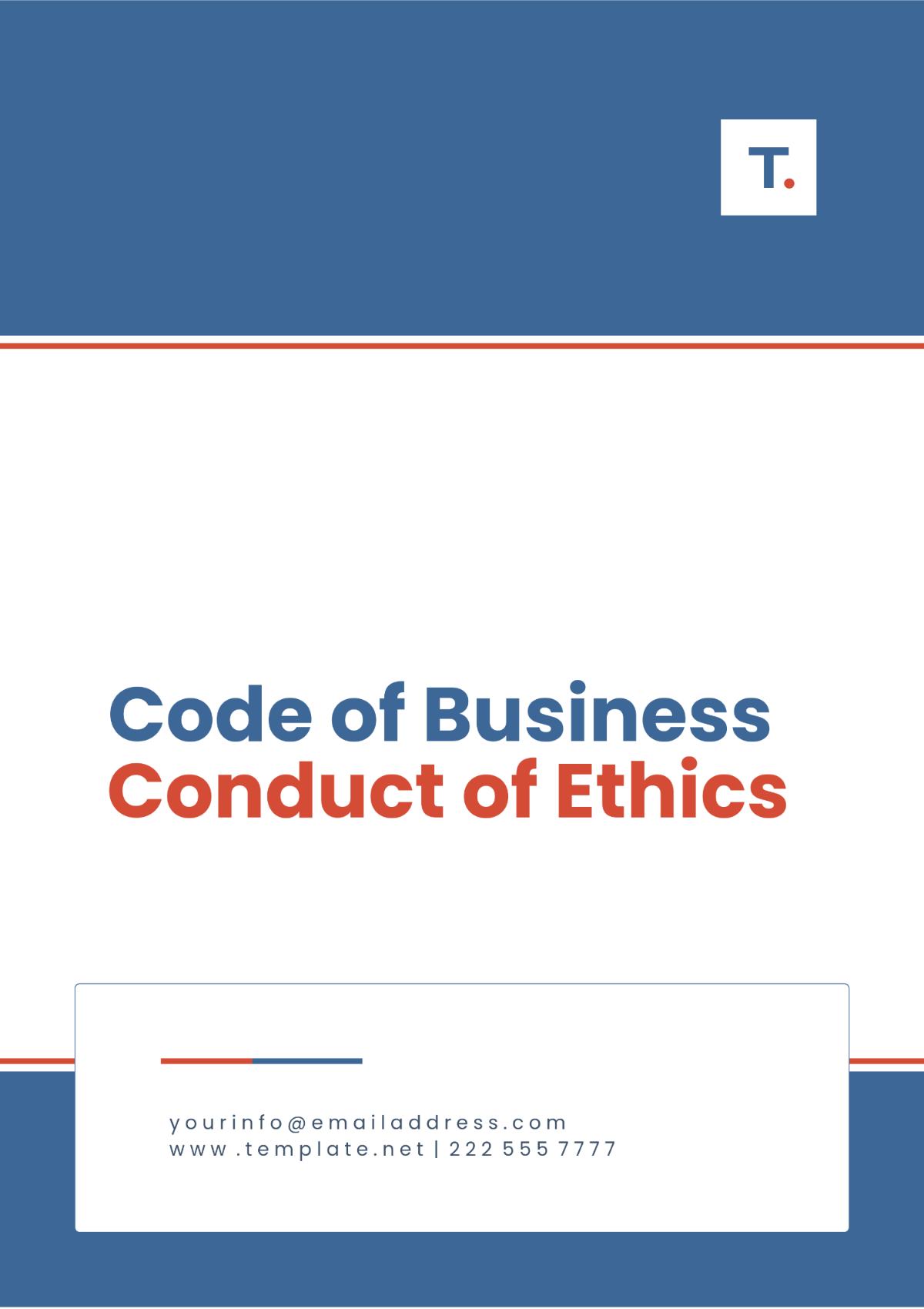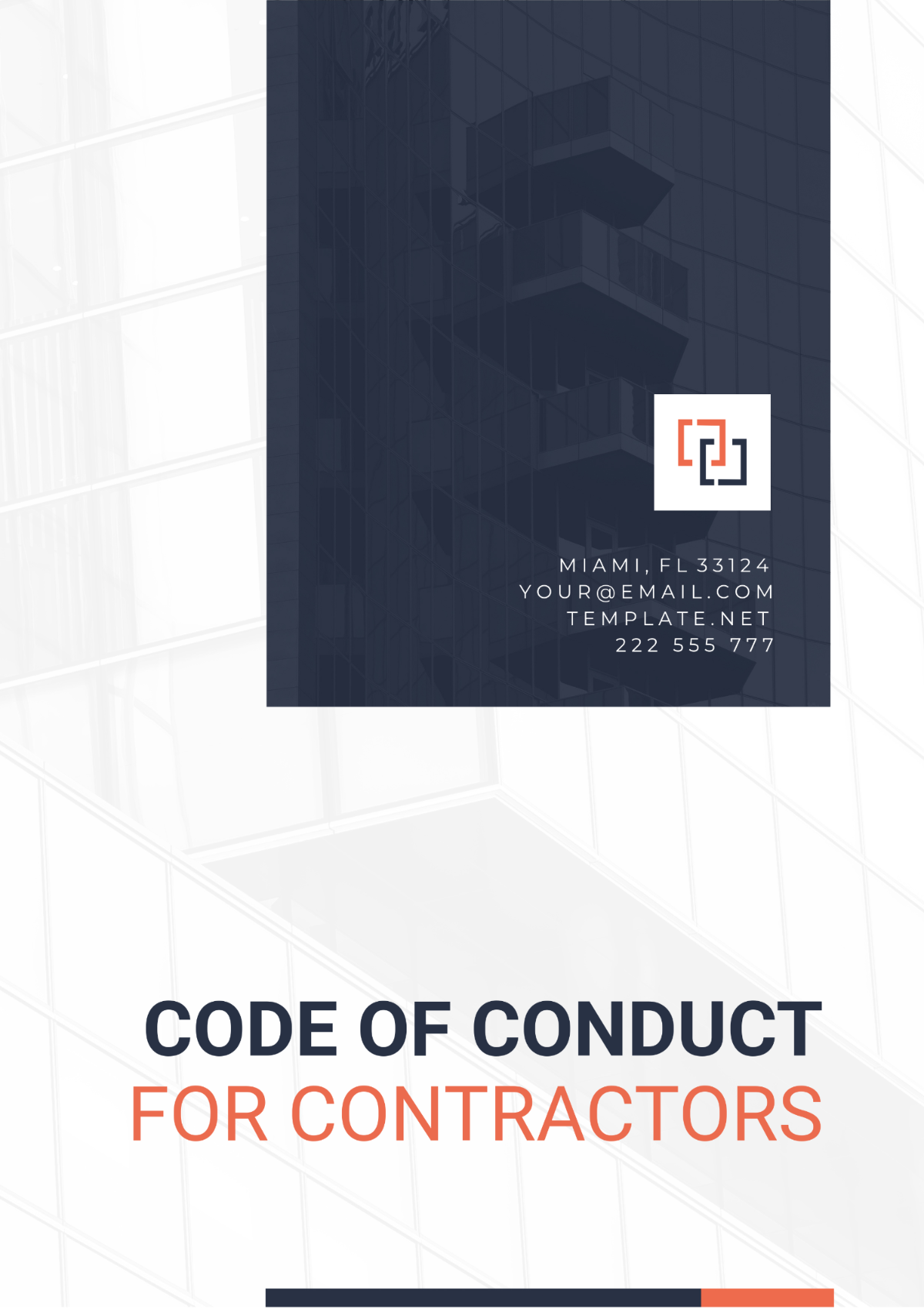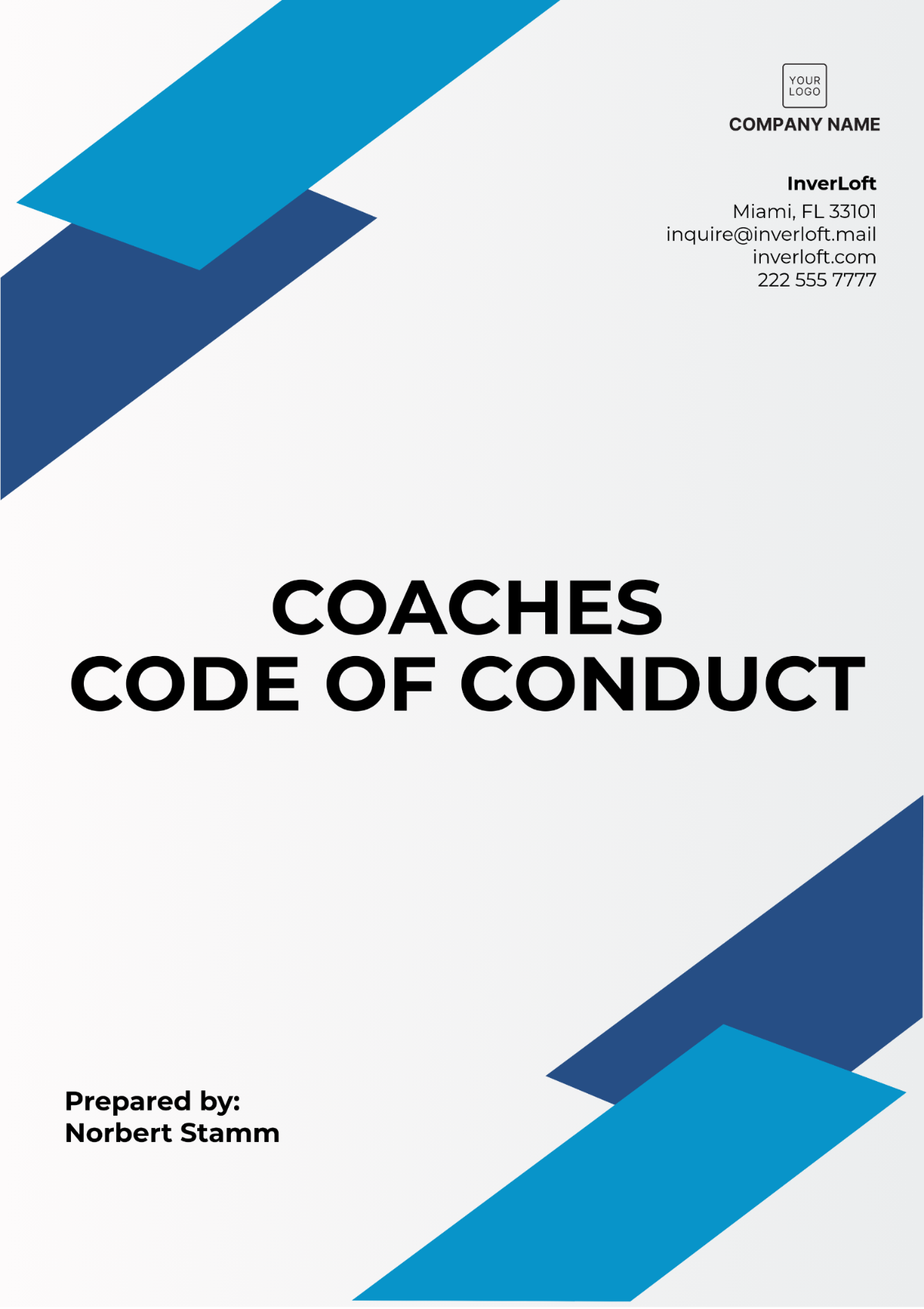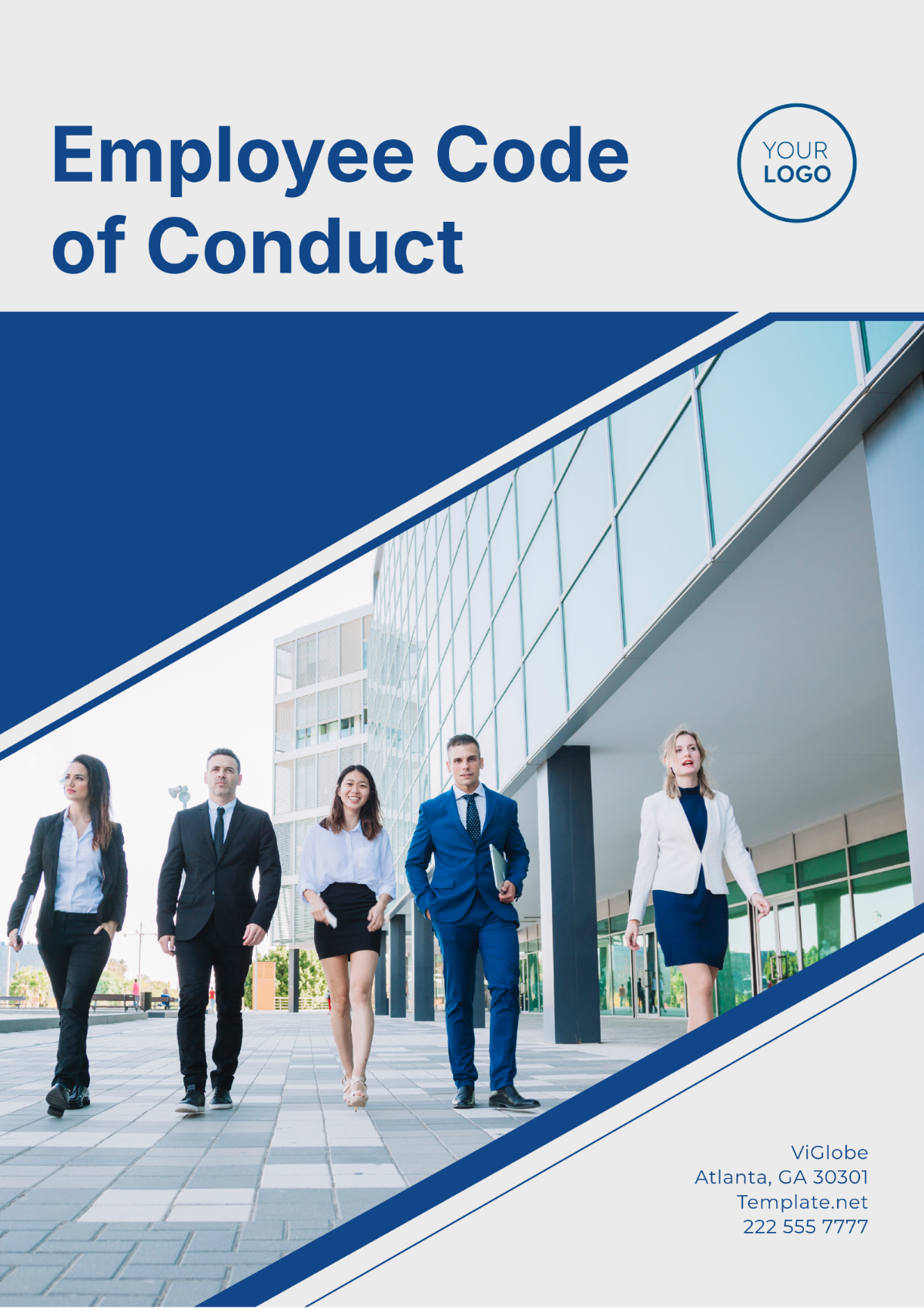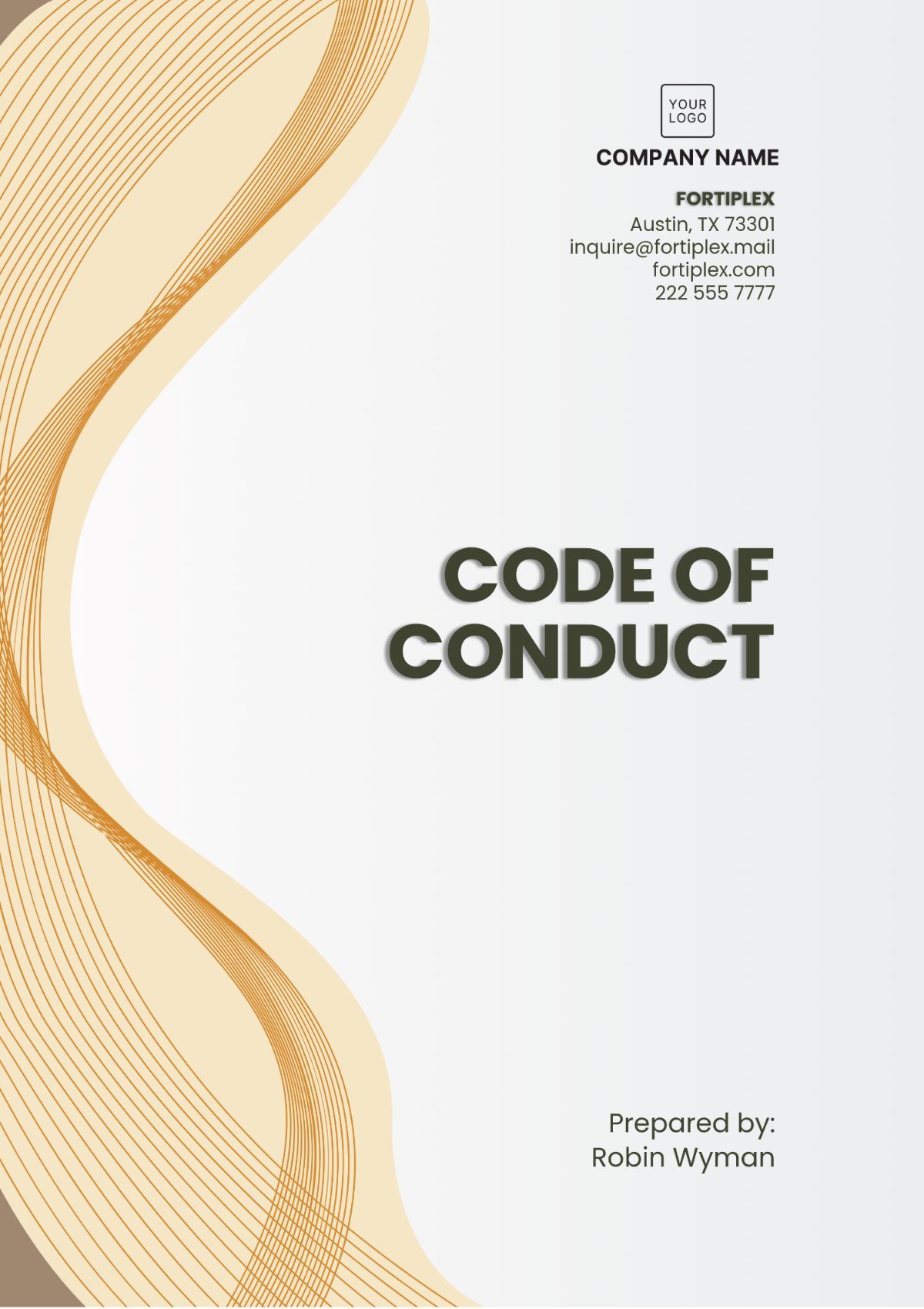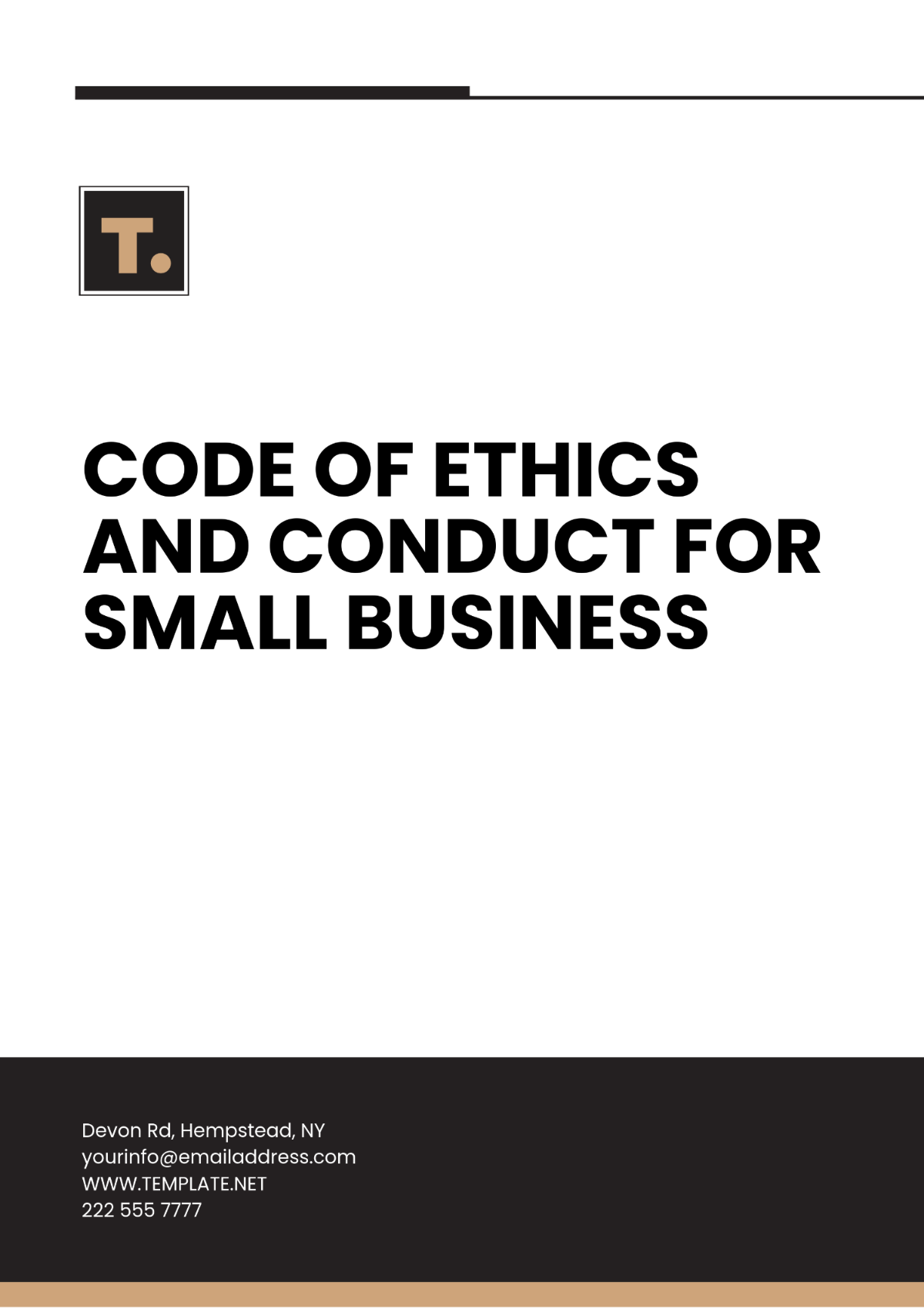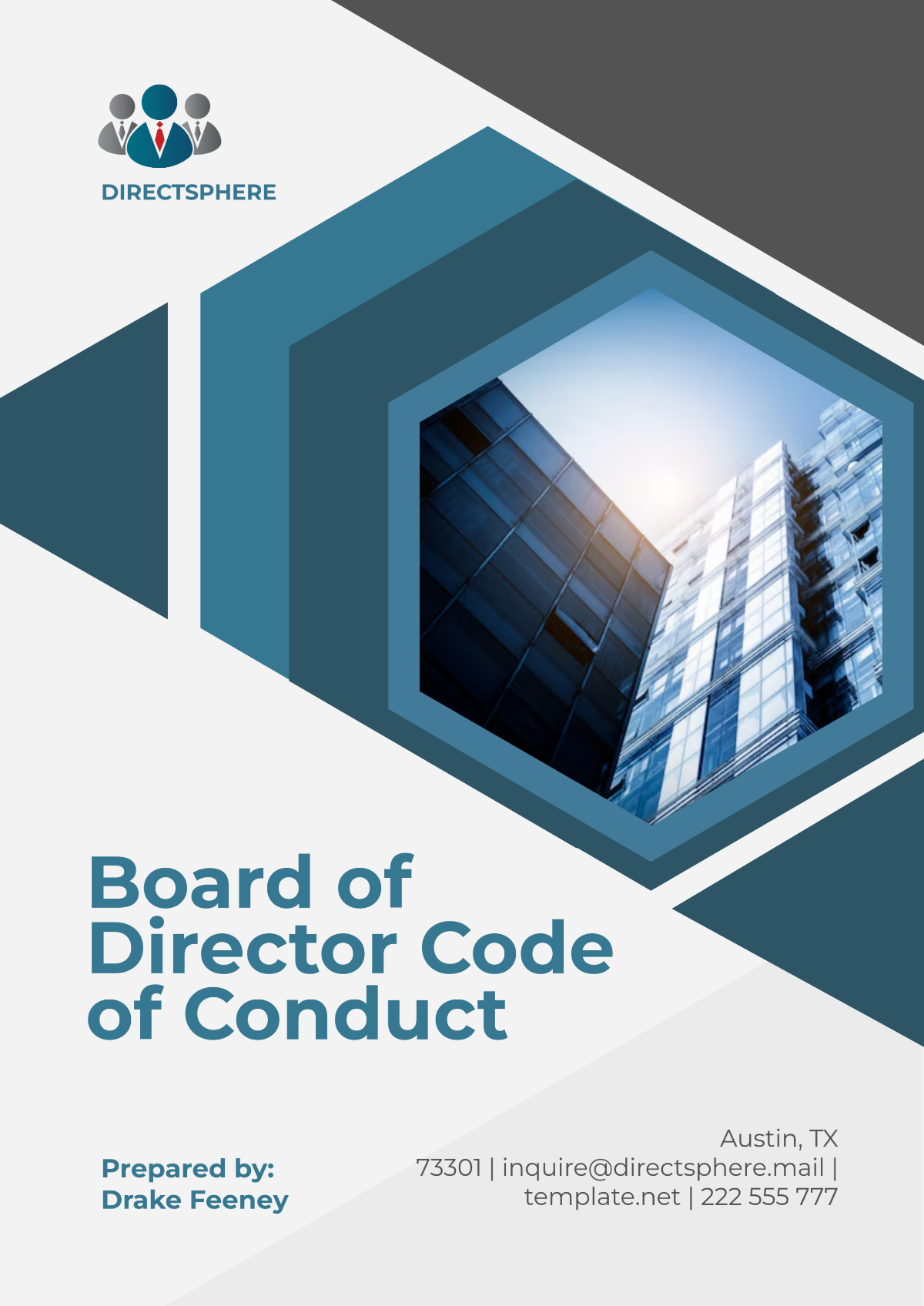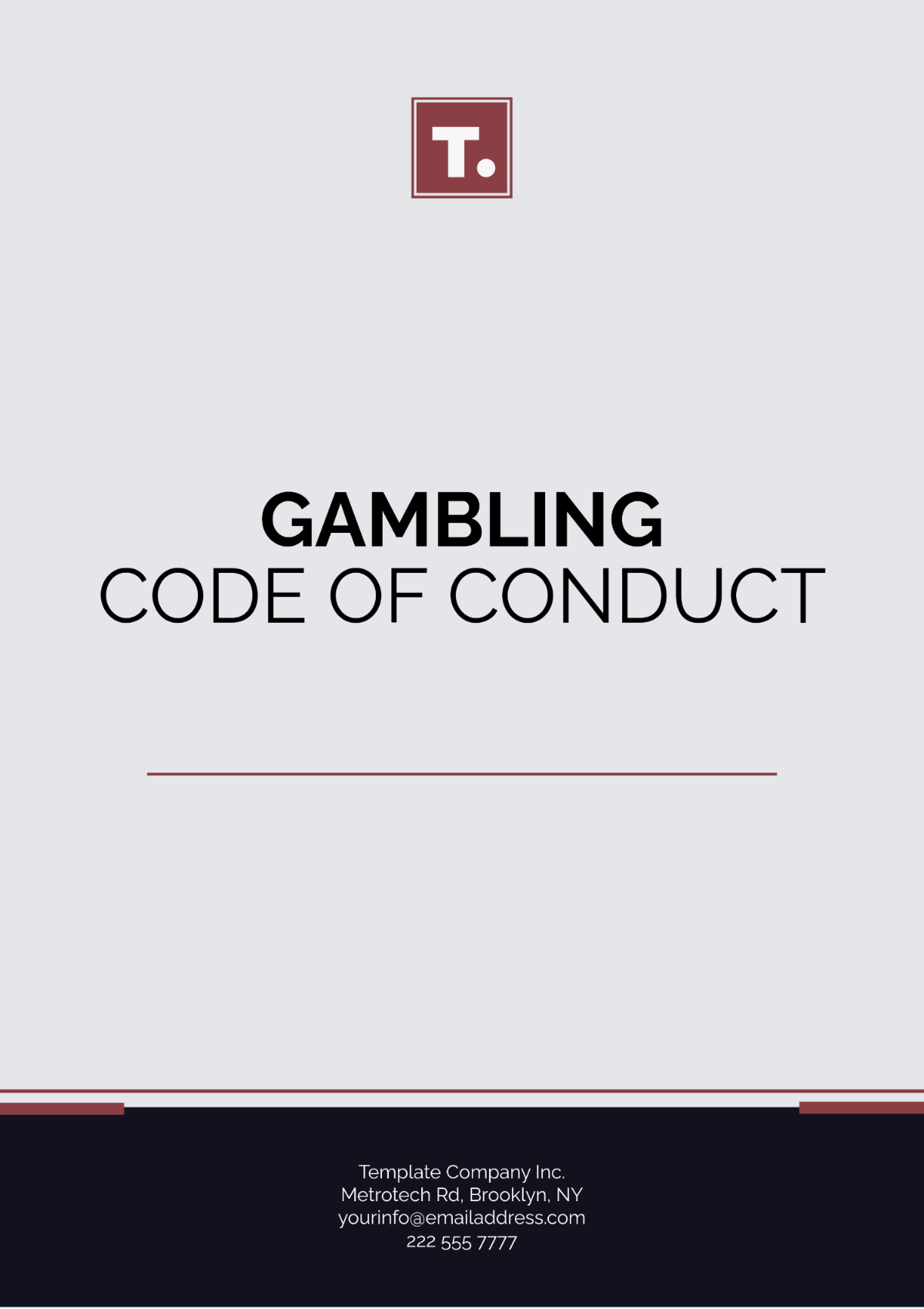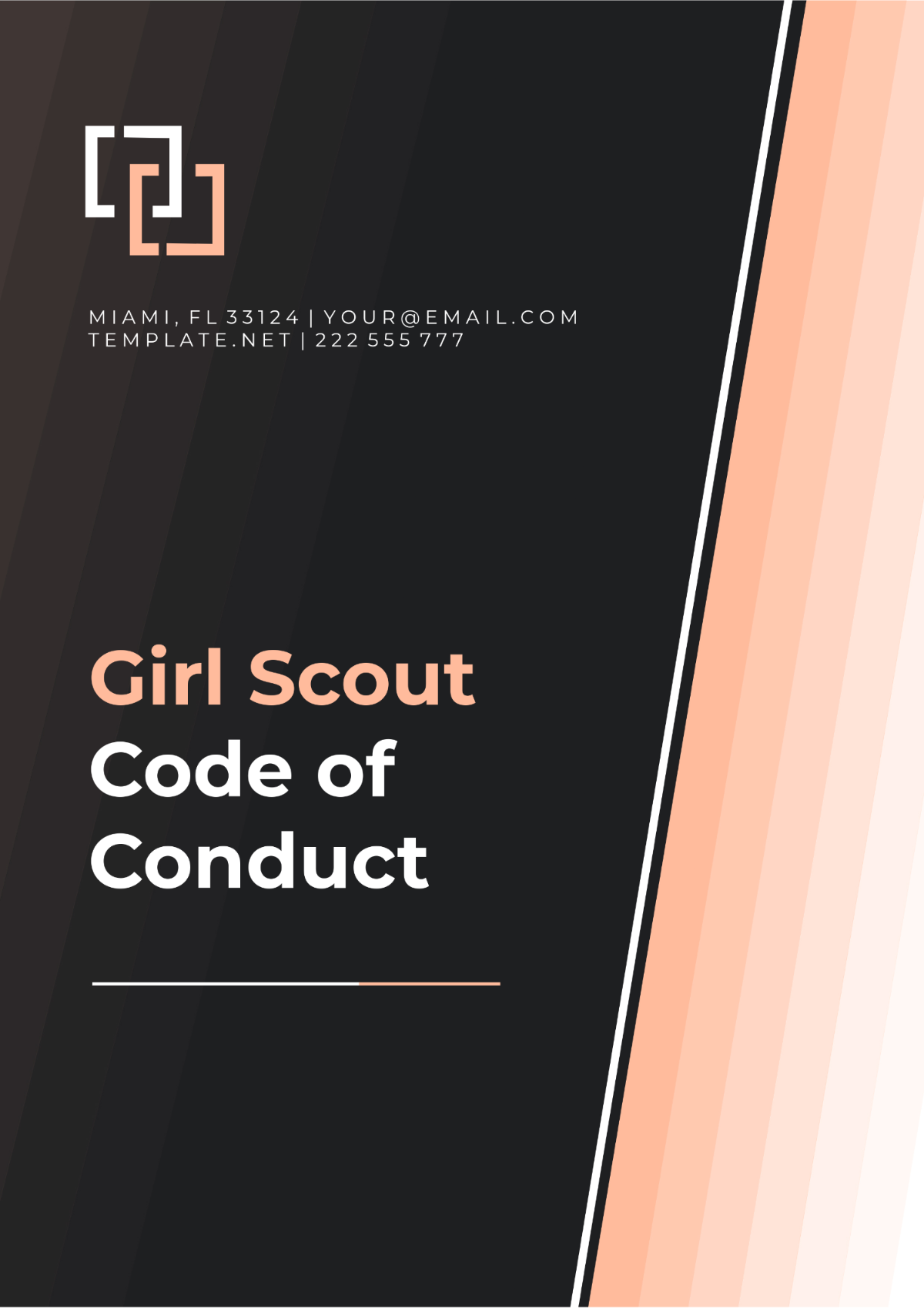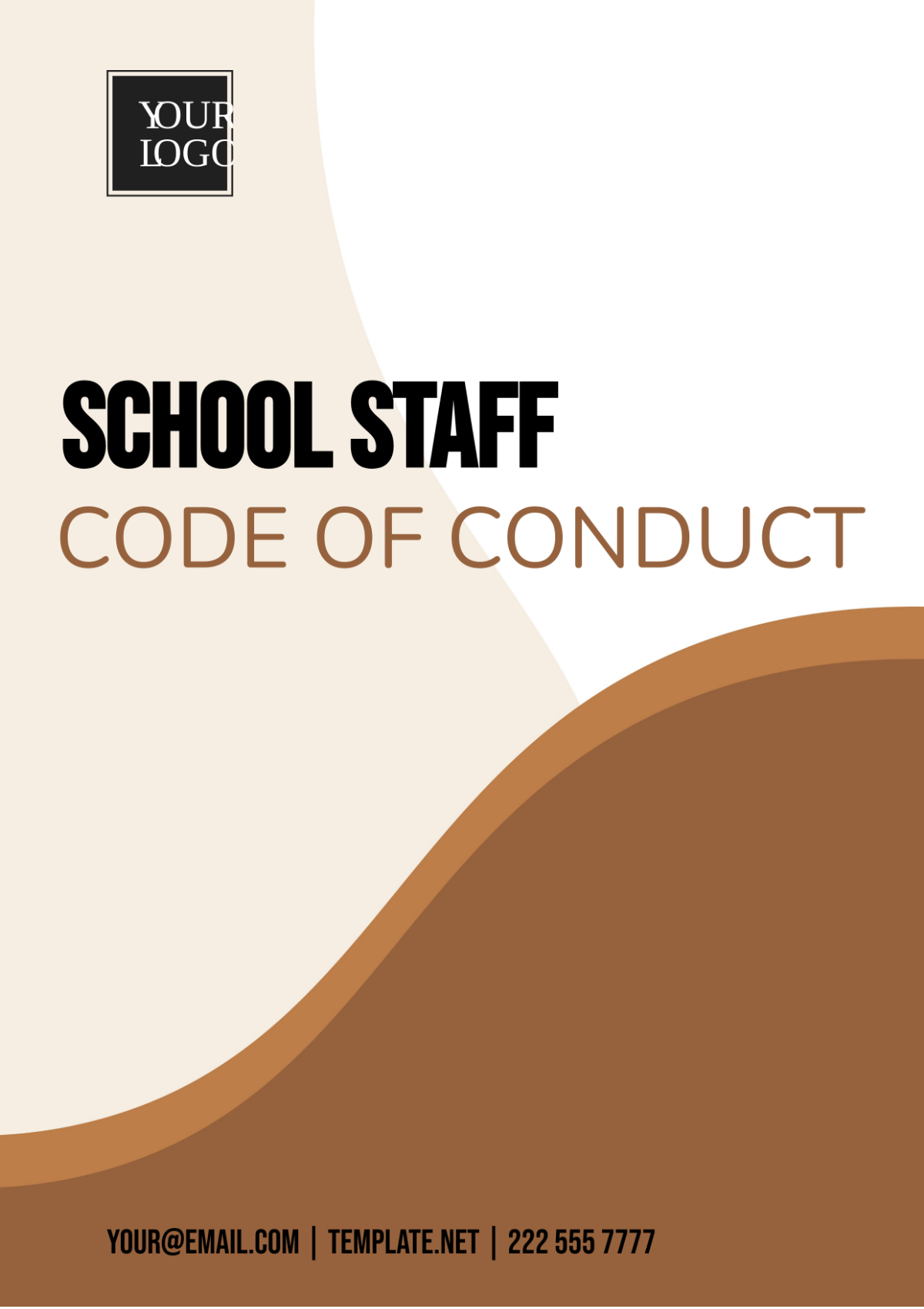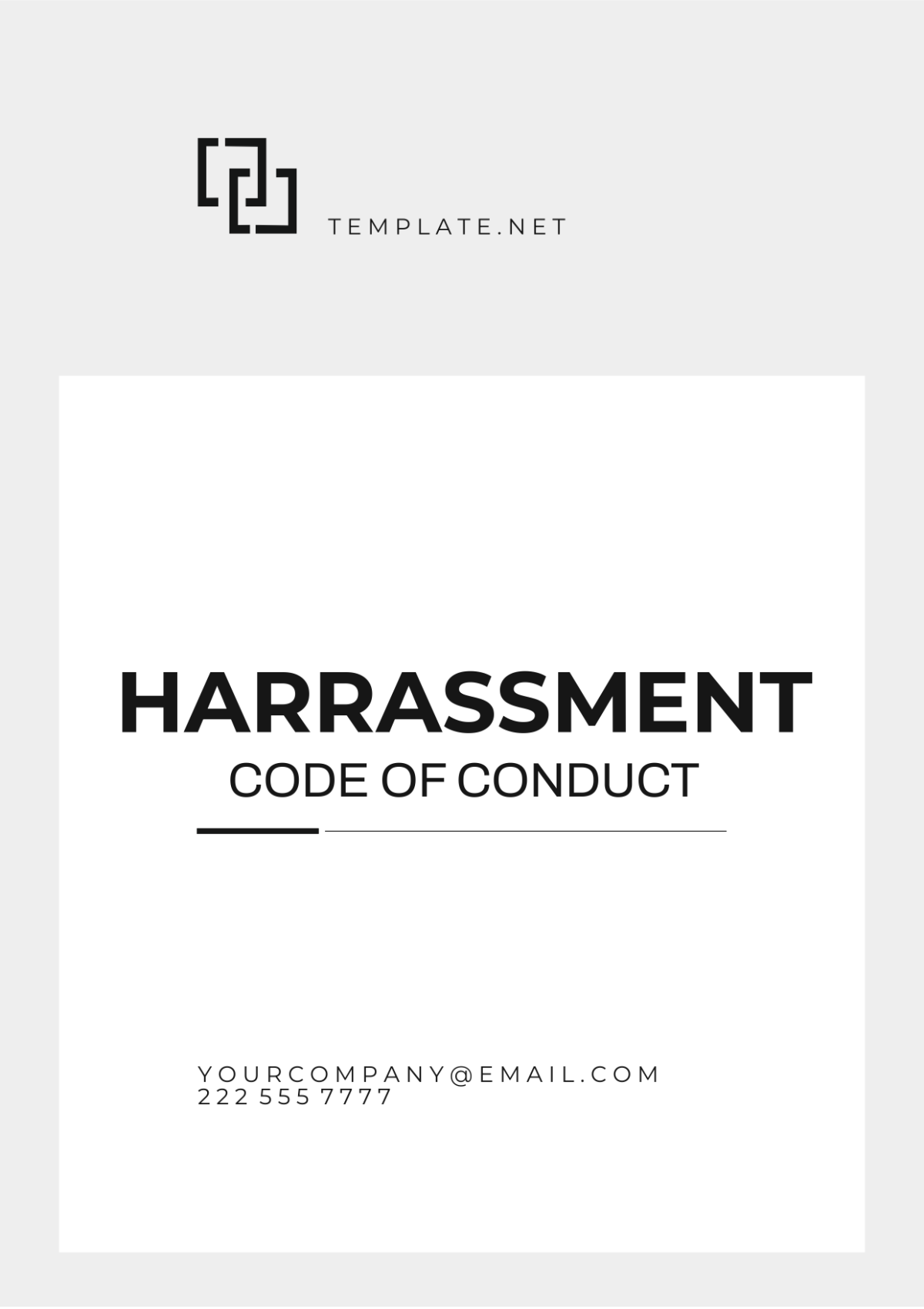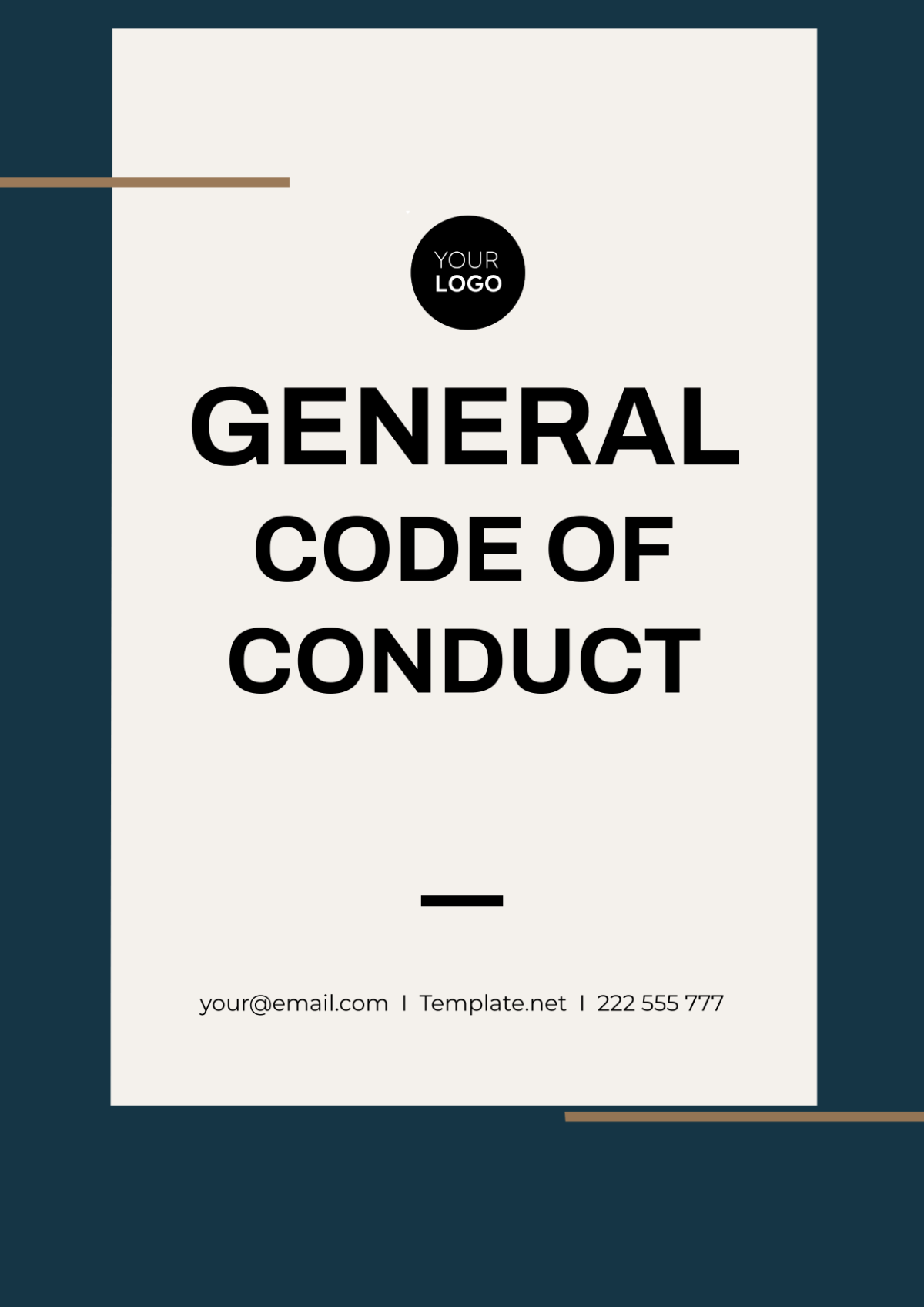AUDITOR CODE OF CONDUCT
I. INTRODUCTION
Welcome to the Auditor Code of Conduct for [YOUR COMPANY NAME]. This document sets forth the ethical framework and professional standards that all auditors associated with our organization are expected to adhere to. The purpose of this Code is to ensure that our practices promote a culture of integrity and transparency, thereby supporting the reliability and credibility of our audit processes.
By adhering to this Code, auditors help [YOUR COMPANY NAME] maintain high standards of professional conduct, thereby ensuring confidence among stakeholders and the general public in the financial reports and audits conducted by our firm.
II. ETHICAL STANDARDS AND INDEPENDENCE
To maintain the highest levels of professionalism and integrity, auditors must adhere to the following ethical standards and principles of independence:
Act with honesty and integrity in all audit activities, avoiding any conduct that might discredit the profession.
Maintain independence in mind and appearance, ensuring that all judgments are made objectively and without bias.
Avoid conflicts of interest and advise [YOUR COMPANY NAME] of any potential conflicts immediately.
Ensure fairness and do not allow external influences to affect the audit processes and decisions.
Ensure transparency in all audit procedures, providing clear and accurate information to relevant stakeholders.
Apply professional skepticism when evaluating evidence and making conclusions, remaining vigilant for any indications of fraud or error.
Safeguard the confidentiality of sensitive information obtained during the audit, adhering to legal and professional confidentiality requirements.
Take responsibility for actions and decisions made during the audit, striving to uphold the trust and confidence placed in auditors by stakeholders.
III. OBJECTIVITY AND IMPARTIALITY
Our auditors are required to practice objectivity and impartiality during their assessments of financial records and internal controls:
Remain impartial, making all audit decisions based purely on evidence and under professional standards.
Avoid situations where personal or financial interests might compromise or appear to compromise professional judgment.
Assess all documentation and information without prejudice, ensuring that all conclusions are founded on a just evaluation of all relevant facts.
Upholding professional integrity is paramount, with auditors expected to adhere strictly to ethical guidelines and standards, even in challenging circumstances.
They must maintain transparency in their actions and decisions, providing clear rationale and documentation for their assessments to stakeholders.
Maintaining independence from the entities being audited is crucial to ensure objectivity. Auditors must avoid any undue influence that could compromise their impartiality.
Regular self-assessment and peer review help auditors ensure that their objectivity and impartiality remain intact, allowing for adjustments and improvements as necessary.
Above all, auditors are committed to fairness in their assessments, striving to provide accurate and unbiased opinions that serve the best interests of all stakeholders involved.
IV. CONFIDENTIALITY
Auditors must respect and preserve the confidentiality of information acquired during their duties:
Authorized Disclosure: Disclose confidential information only with explicit and appropriate authorization, or when legally or professionally obligated to do so.
Legal Compliance: Adhere to legal requirements regarding the disclosure of sensitive information, ensuring compliance with relevant laws and regulations.
Professional Obligations: Respect professional standards and obligations regarding confidentiality, and maintaining the trust of clients and stakeholders.
Secure Handling: Implement stringent measures to securely handle sensitive information, safeguarding it against unauthorized access, disclosure, or breaches.
Restricted Access: Limit access to confidential data to authorized personnel only, employing robust authentication and access control mechanisms.
Encryption: Utilize encryption techniques to protect sensitive data both in transit and at rest, reducing the risk of unauthorized interception or exploitation.
Non-Disclosure Agreements: Uphold the terms of non-disclosure agreements and confidentiality clauses, ensuring that confidential information remains protected from unauthorized disclosure.
Continuous Vigilance: Maintain a proactive stance towards confidentiality, regularly reviewing and updating protocols to mitigate emerging risks and vulnerabilities.
V. COMPLIANCE WITH LAWS AND REGULATIONS
Auditors must comply with all applicable laws, regulations, and professional standards governing the auditing profession:
Stay informed about changes in legislation and audit standards that affect the scope of audit duties and responsibilities.
Adhere strictly to the guidelines and standards set by regulatory authorities and professional bodies such as the International Standards on Auditing (ISA) and [YOUR LOCAL REGULATORY BODY].
VI. REPORTING AND ACCOUNTABILITY
Transparency in reporting and a clear accountability framework are crucial aspects of our audit process at [YOUR COMPANY NAME]:
Clear Reporting: Our audit process emphasizes the preparation and presentation of reports that are clear, fair, and accurate, adhering to professional standards and legal requirements.
Transparency: We prioritize transparency in reporting, ensuring that all findings, whether positive or negative, are communicated effectively and comprehensively.
Accountability Framework: An established framework ensures that all team members are held accountable for their roles in the audit process, fostering responsibility and integrity.
Protocol Adherence: Any discrepancies, shortcomings, or instances of non-compliance discovered during audits are reported promptly and under the protocols set by [YOUR COMPANY NAME], maintaining consistency and reliability.
Compliance: We are committed to upholding the highest standards of compliance, both internally and externally, ensuring that our reporting accurately reflects the findings of our audits and aligns with regulatory requirements.
VII. ENFORCEMENT AND COMPLIANCE
Compliance with this Code is mandatory for all auditors, and breaches may result in disciplinary action, up to and including termination of employment or contract:
Regular training will be provided to ensure familiarity and compliance with the Code.
Any breaches of this Code should be reported directly via email to [YOUR COMPANY EMAIL] or through other designated channels.
VIII. CONCLUSION
In conclusion, adherence to this Auditor Code of Conduct is essential for maintaining the integrity and credibility of the audit profession. By following these principles and guidelines, auditors at [Your Company Name] demonstrate their commitment to ethical conduct and professionalism, thereby preserving trust and confidence in the financial reporting process.
